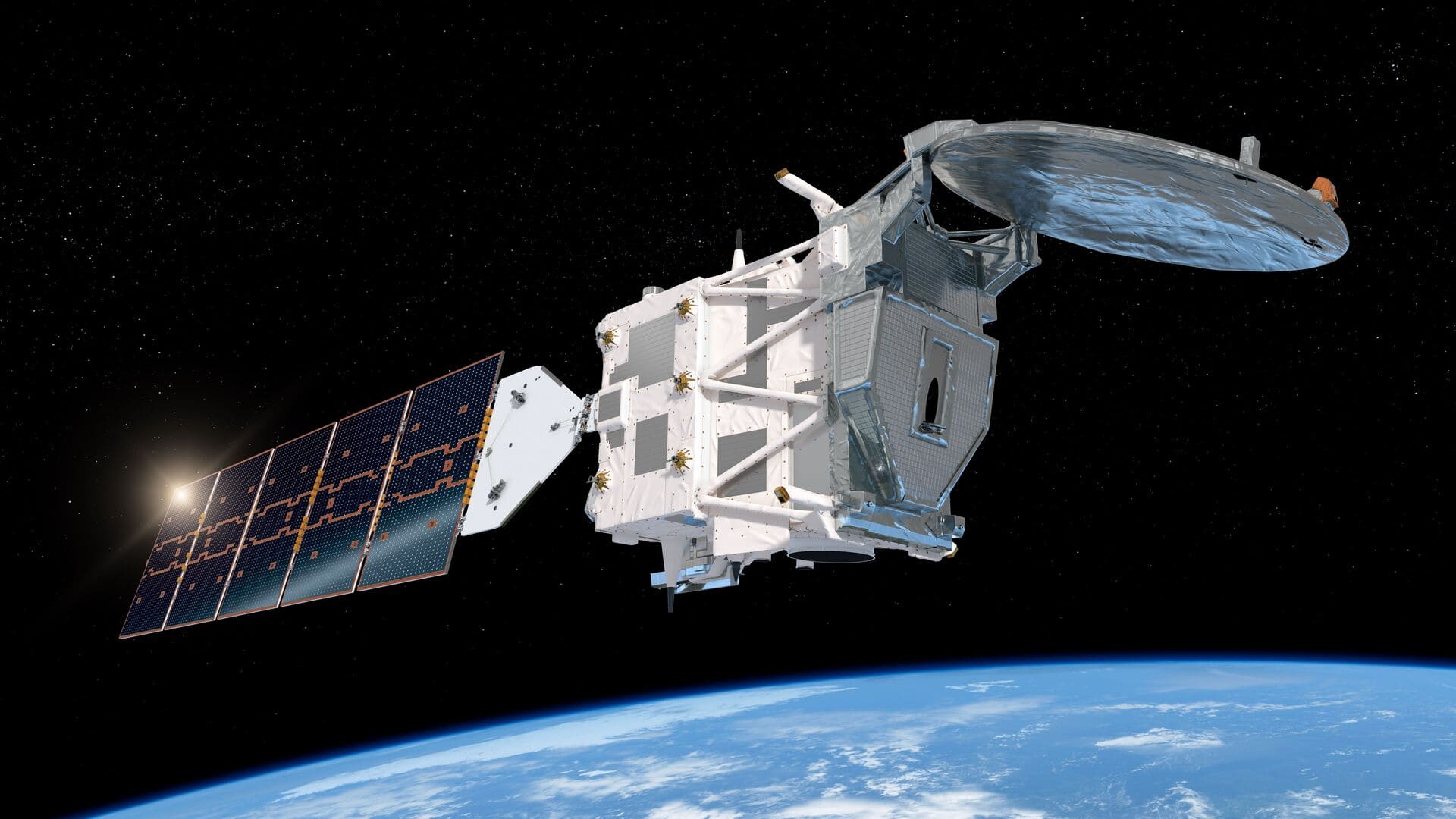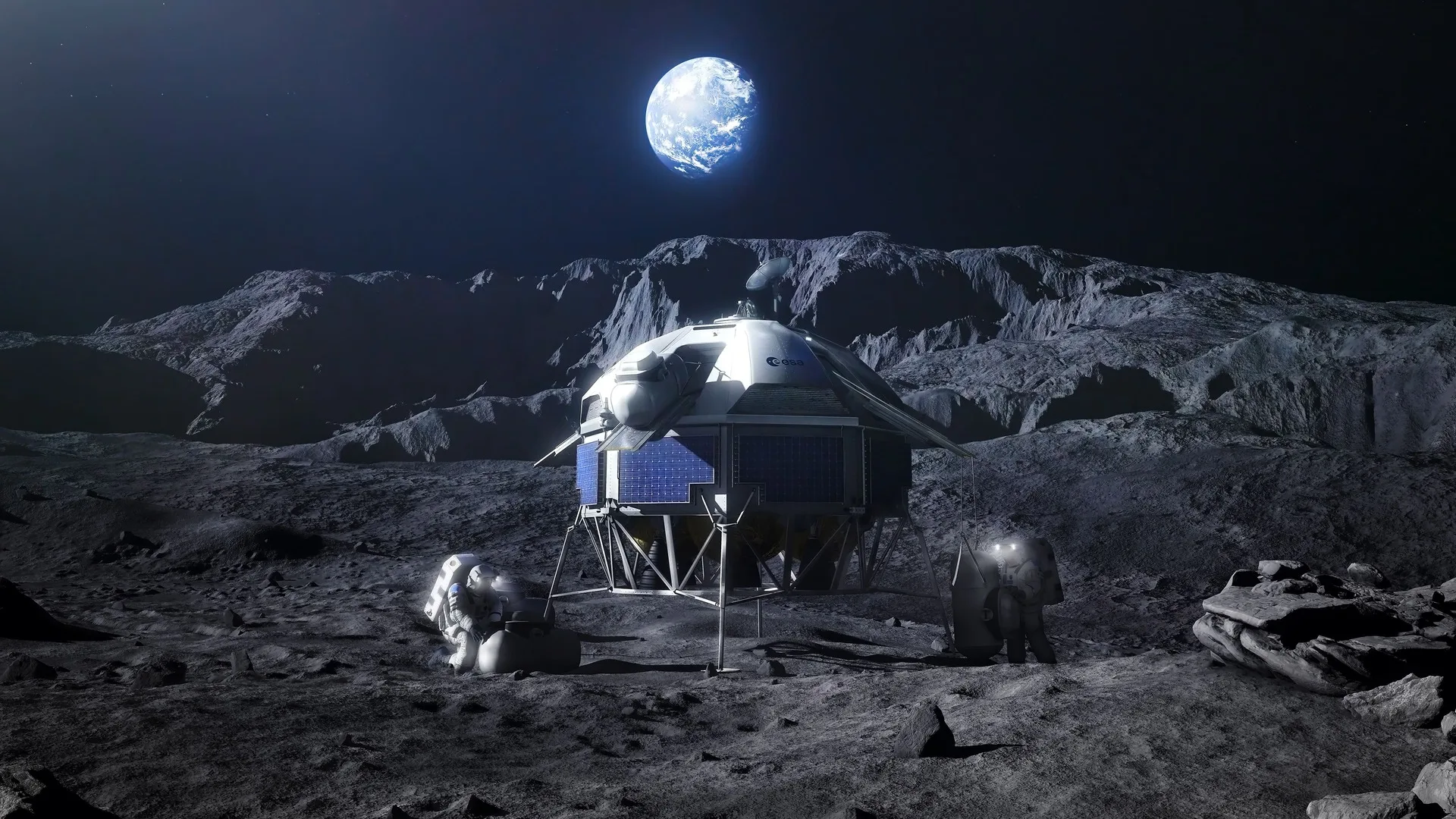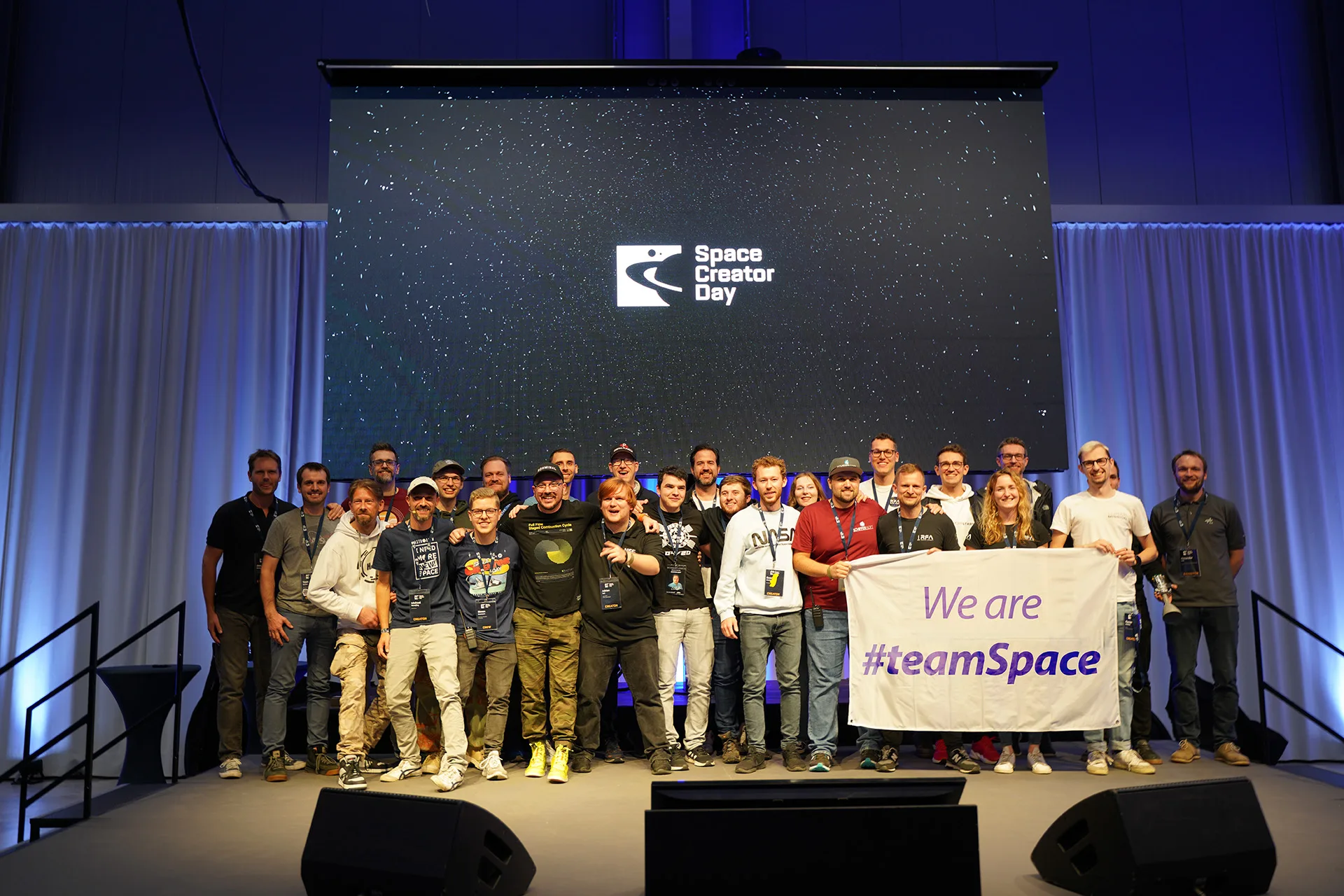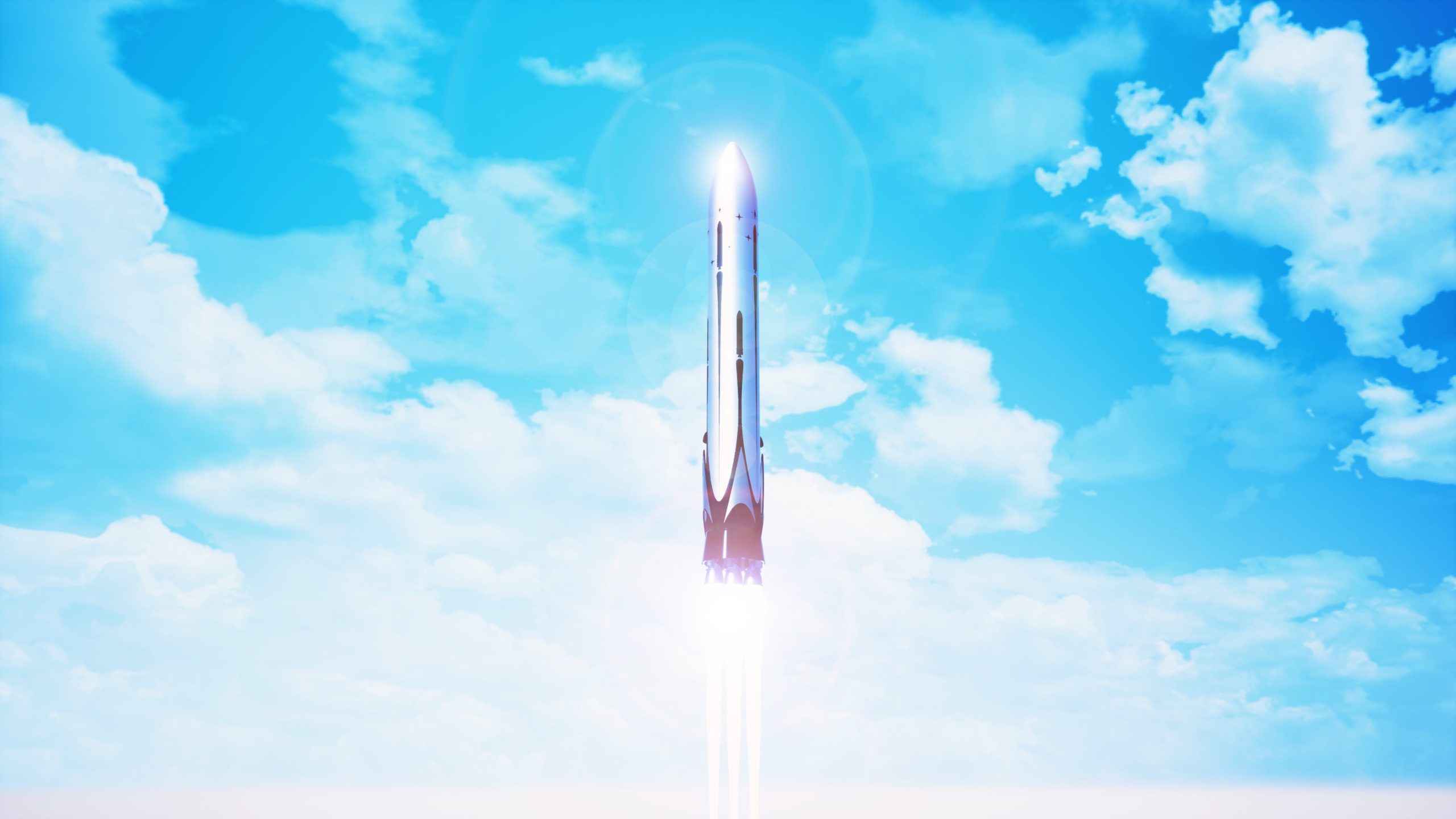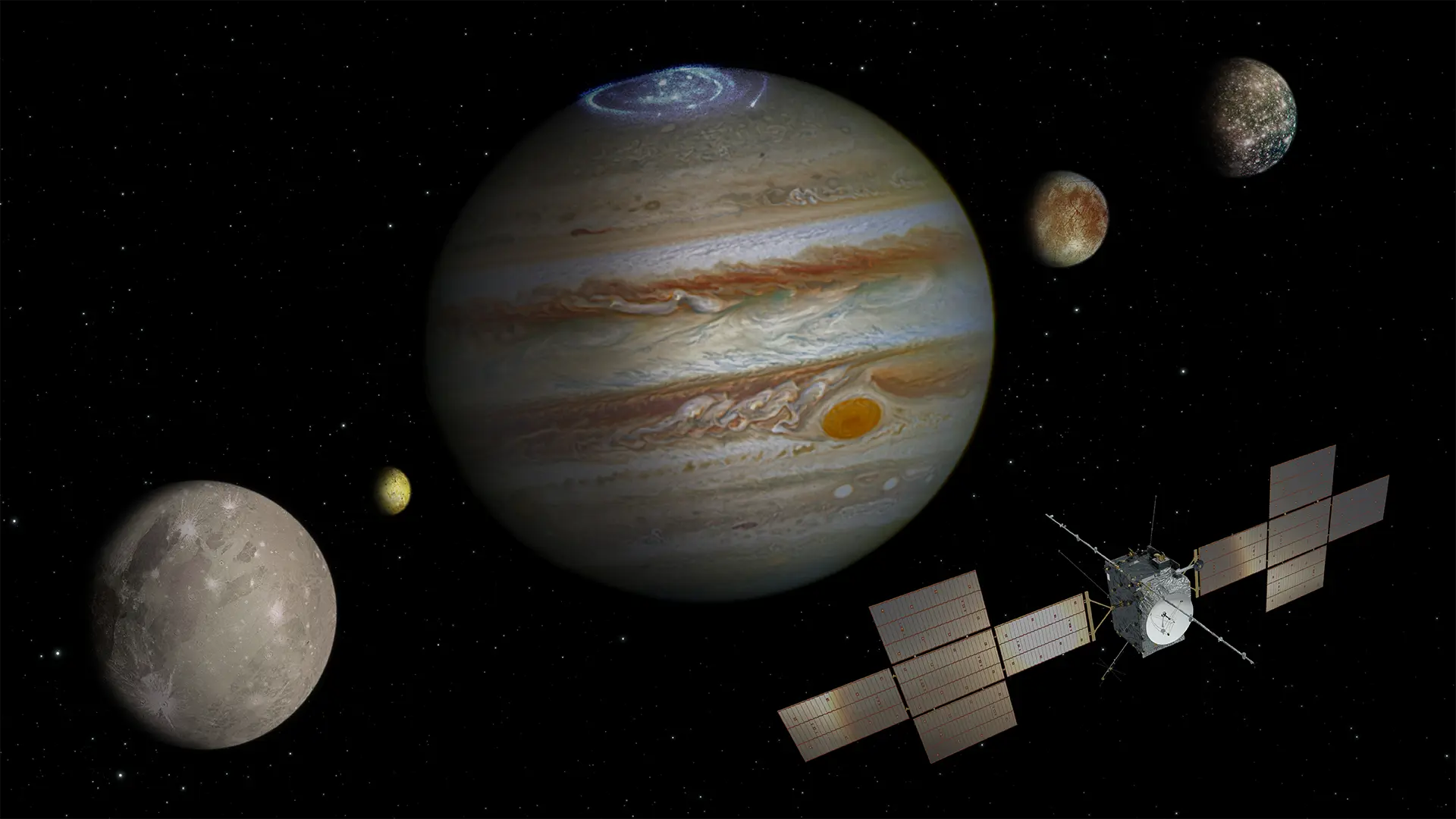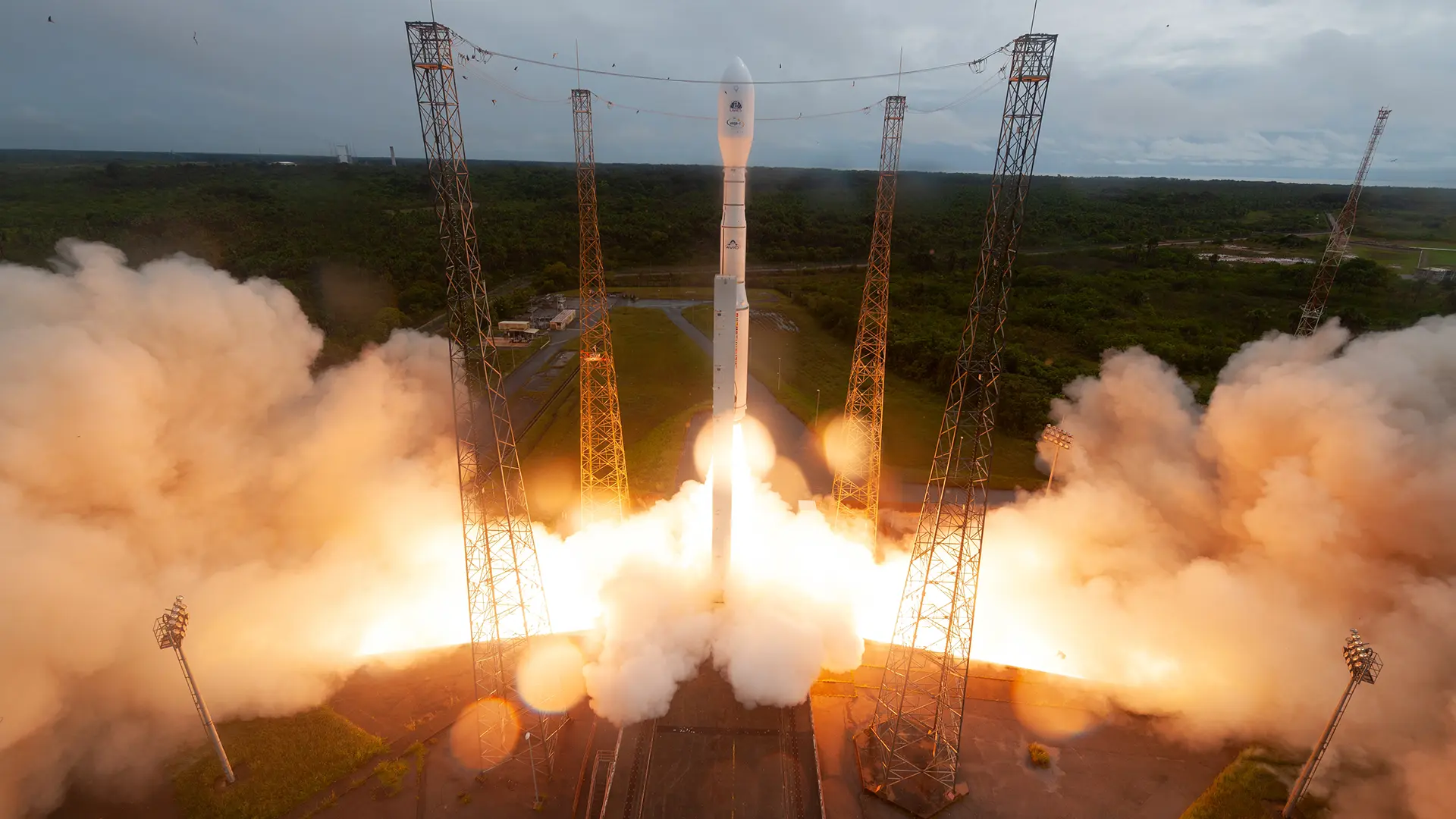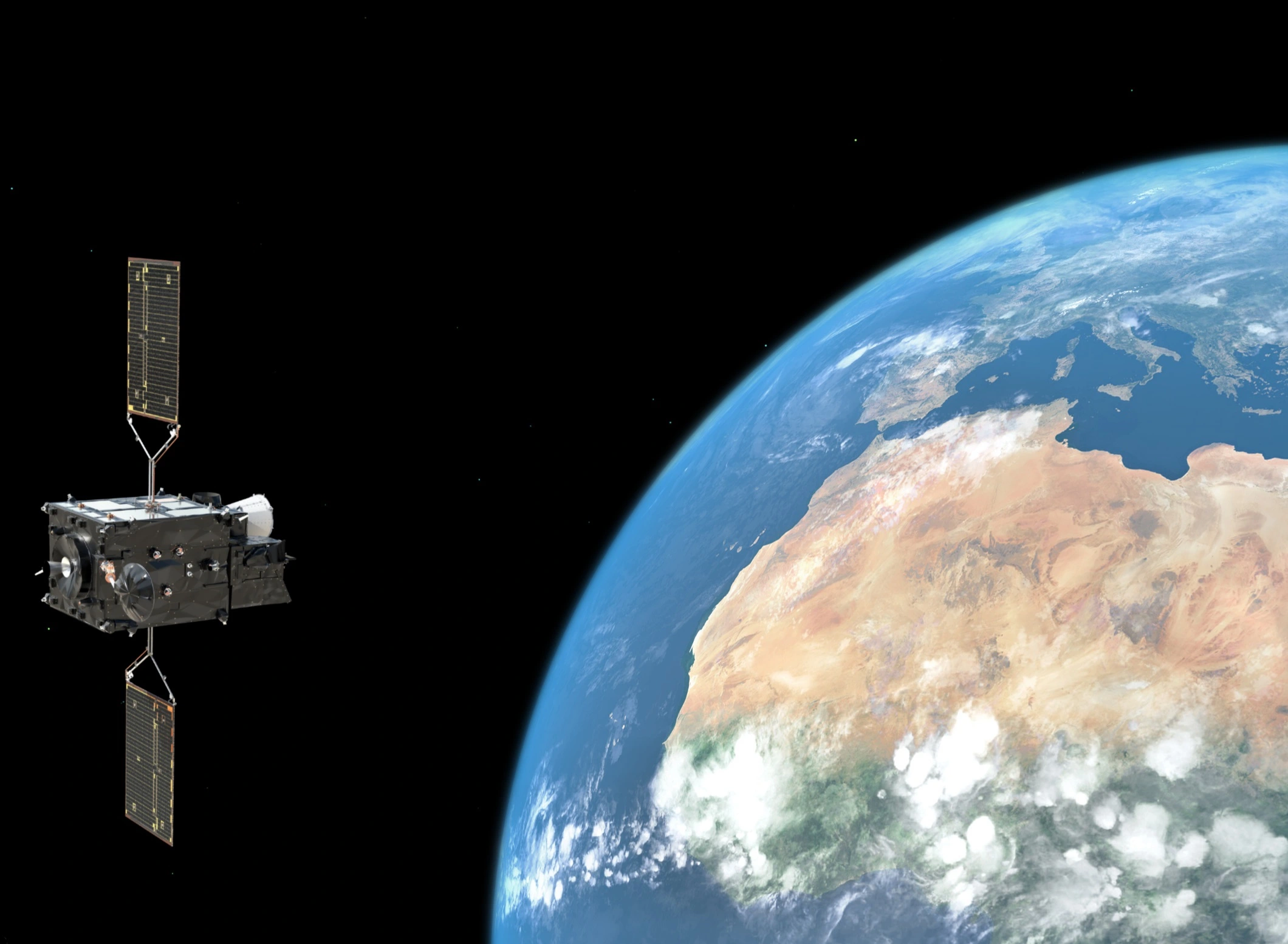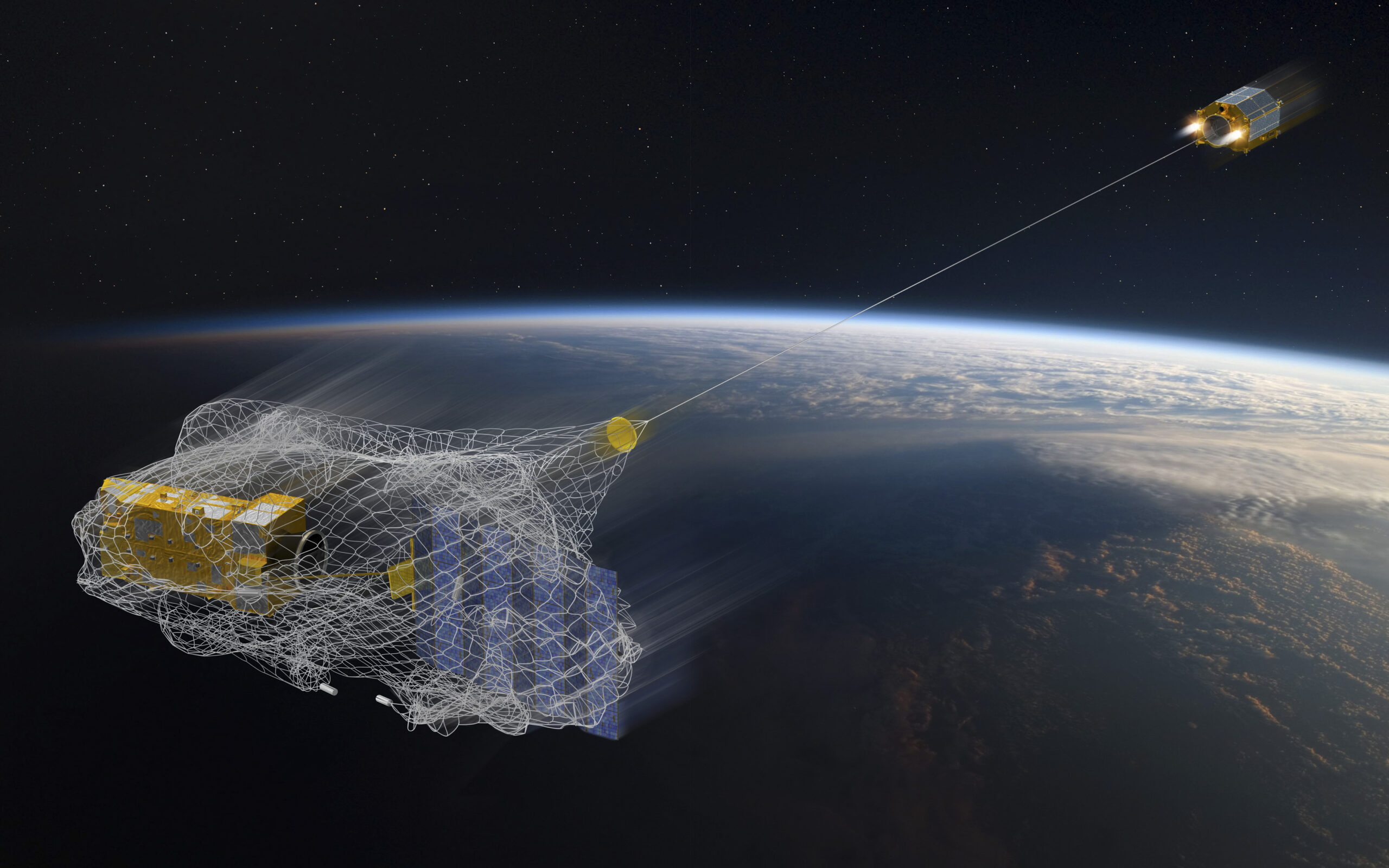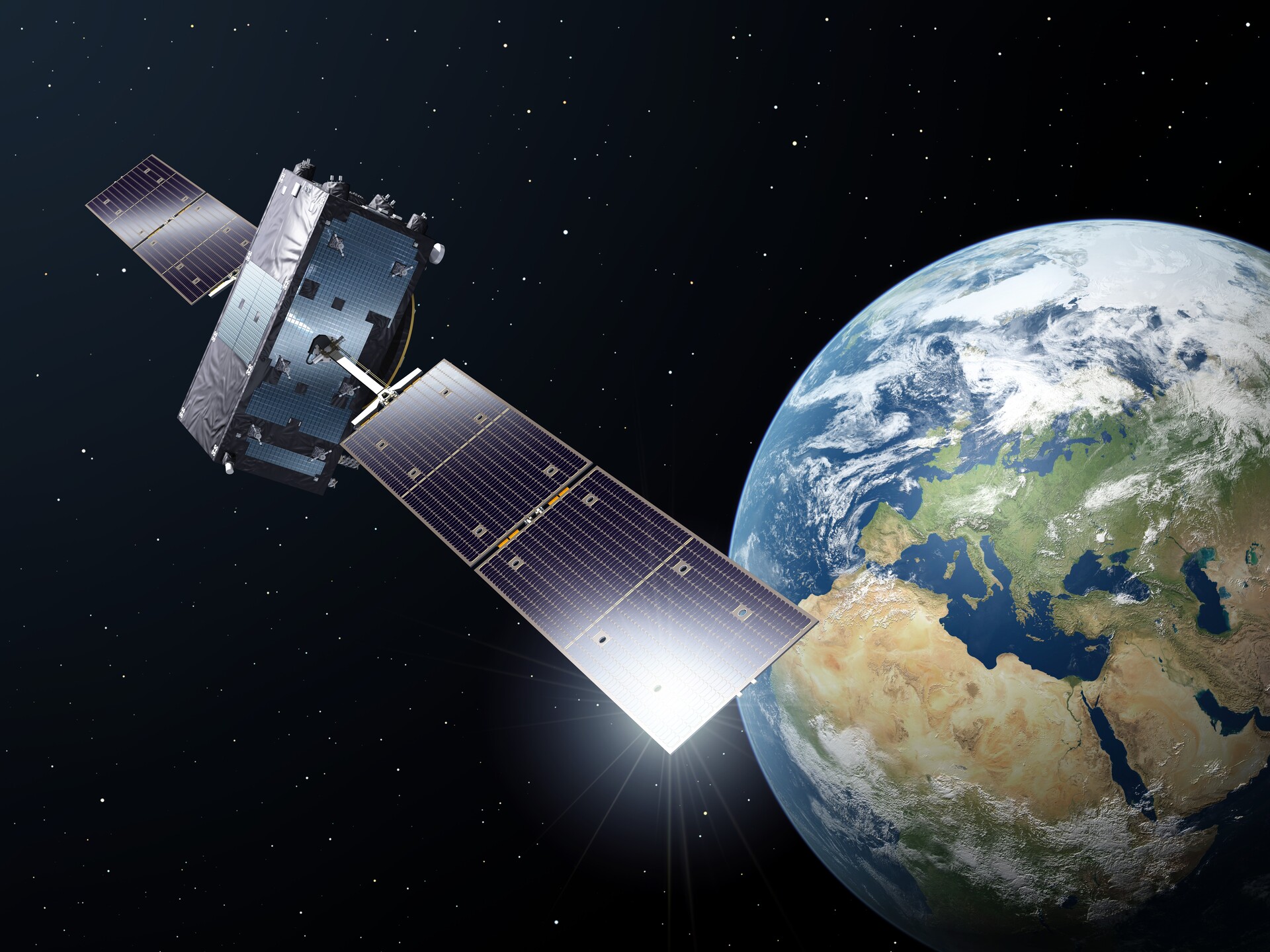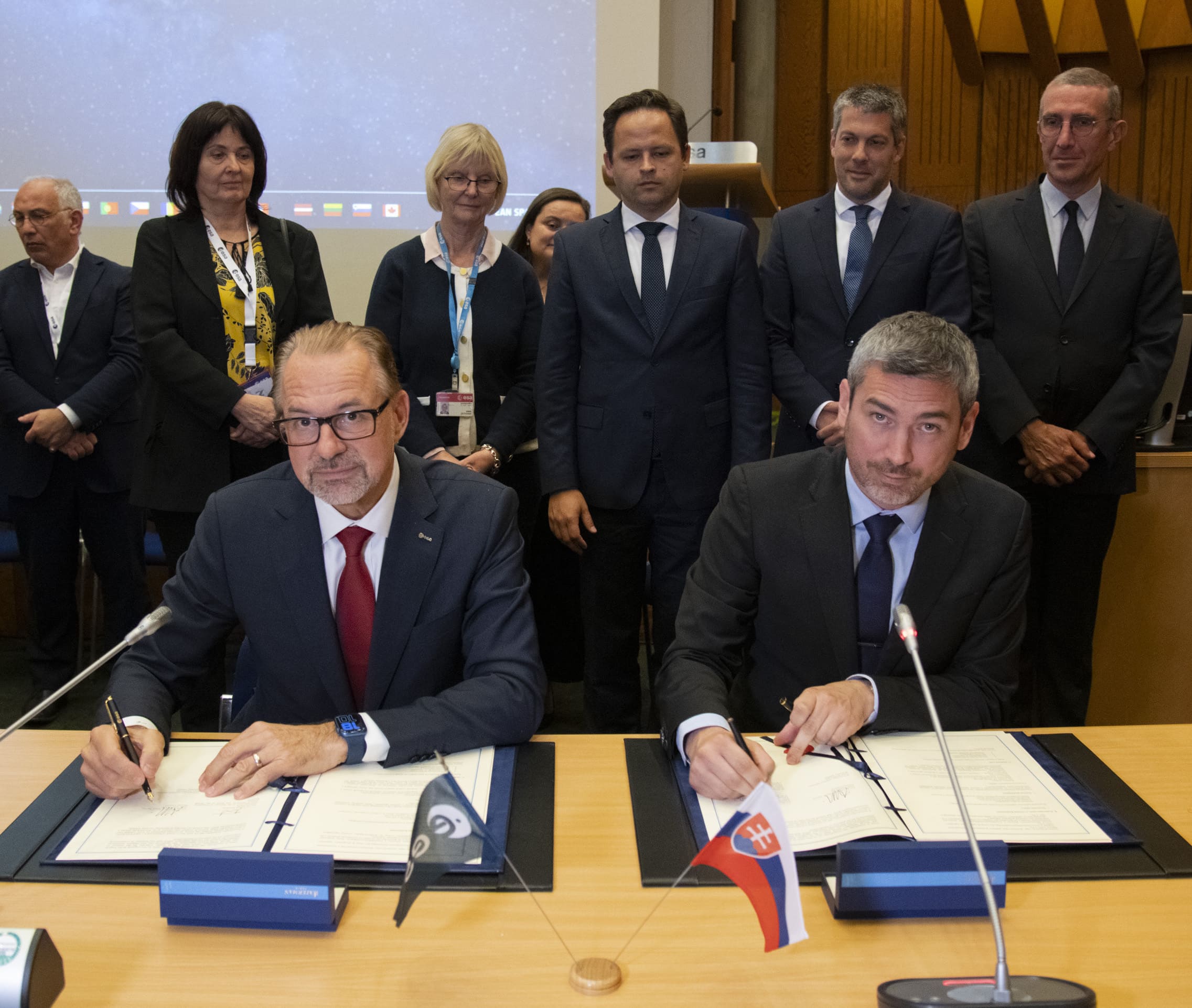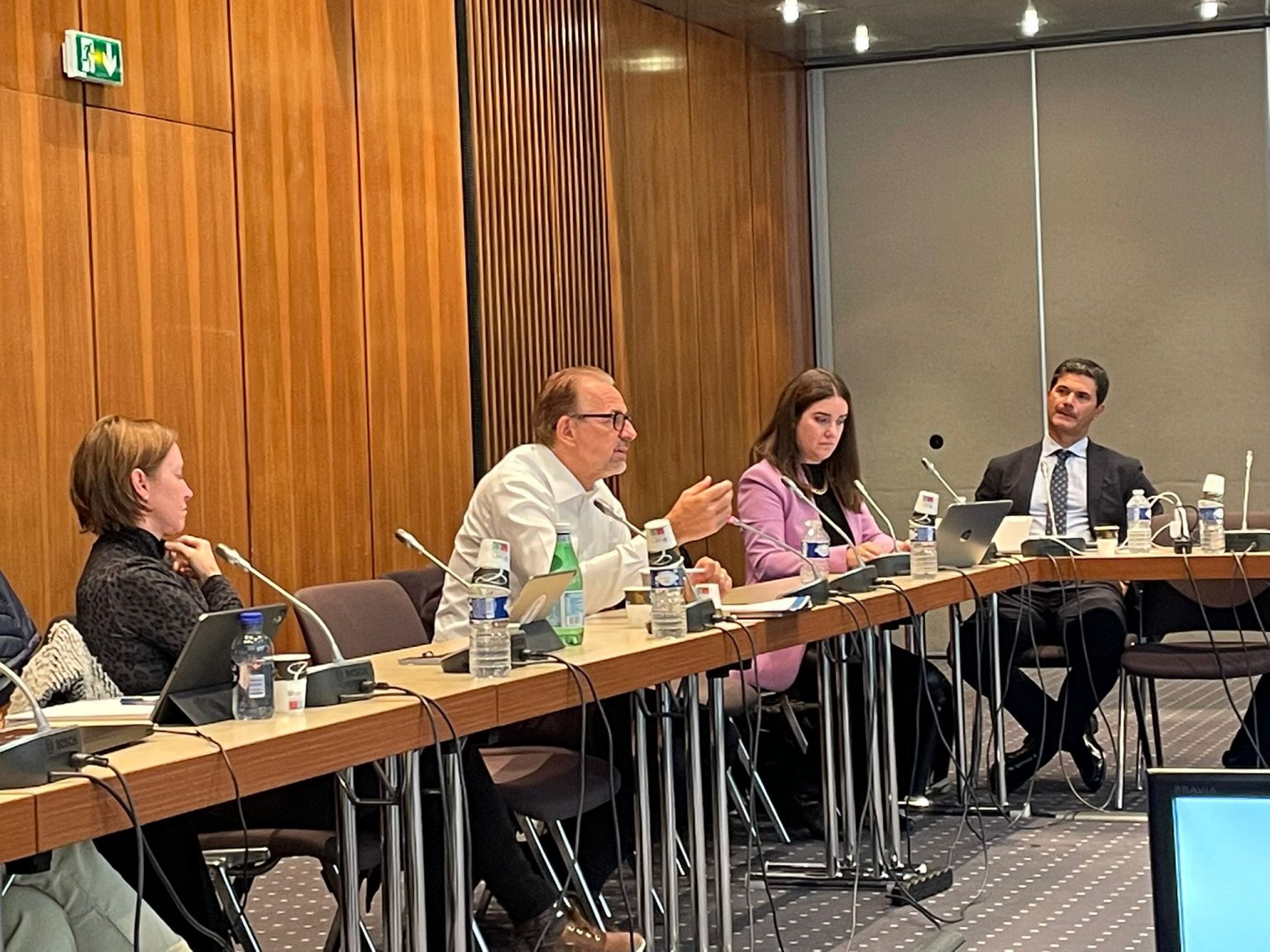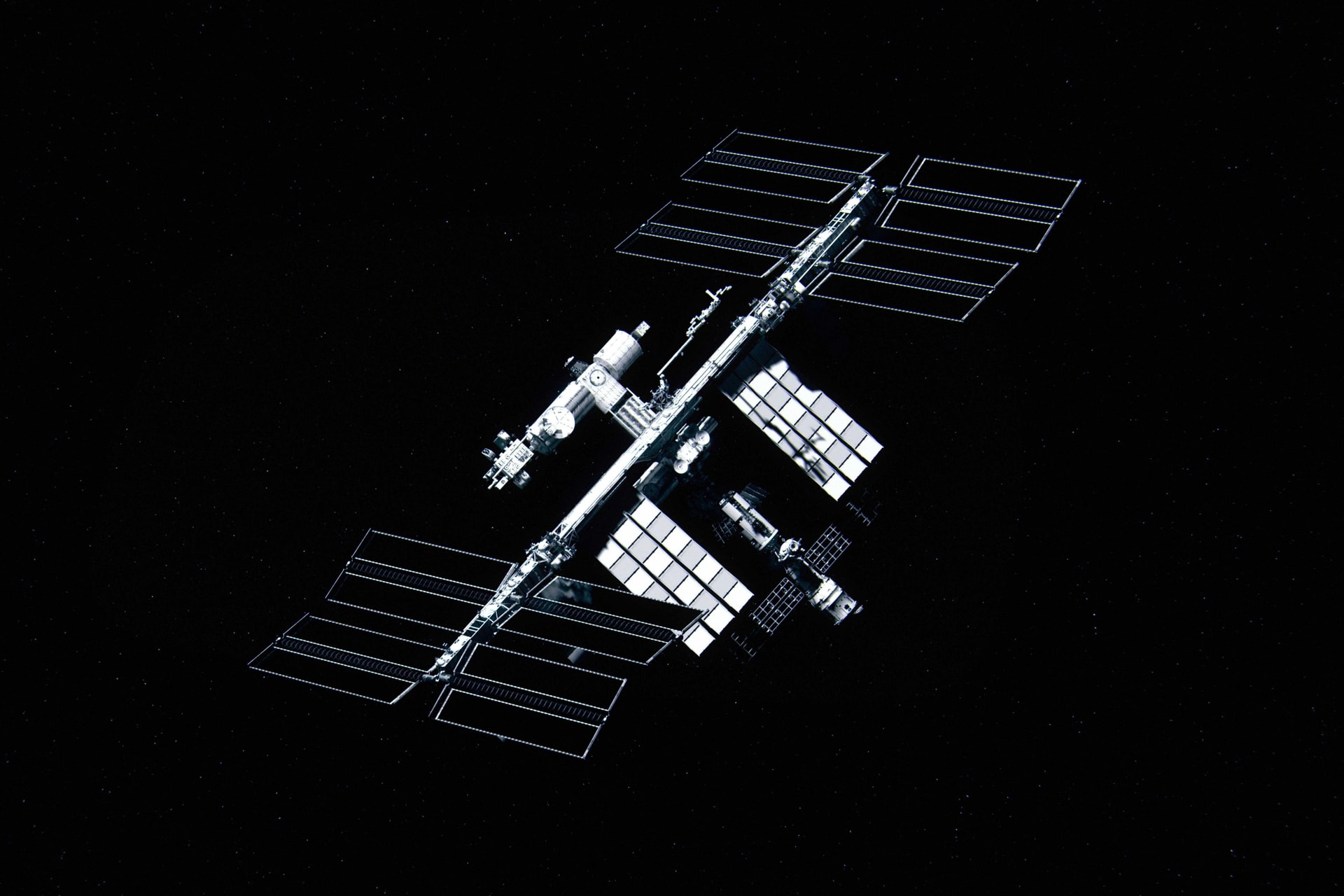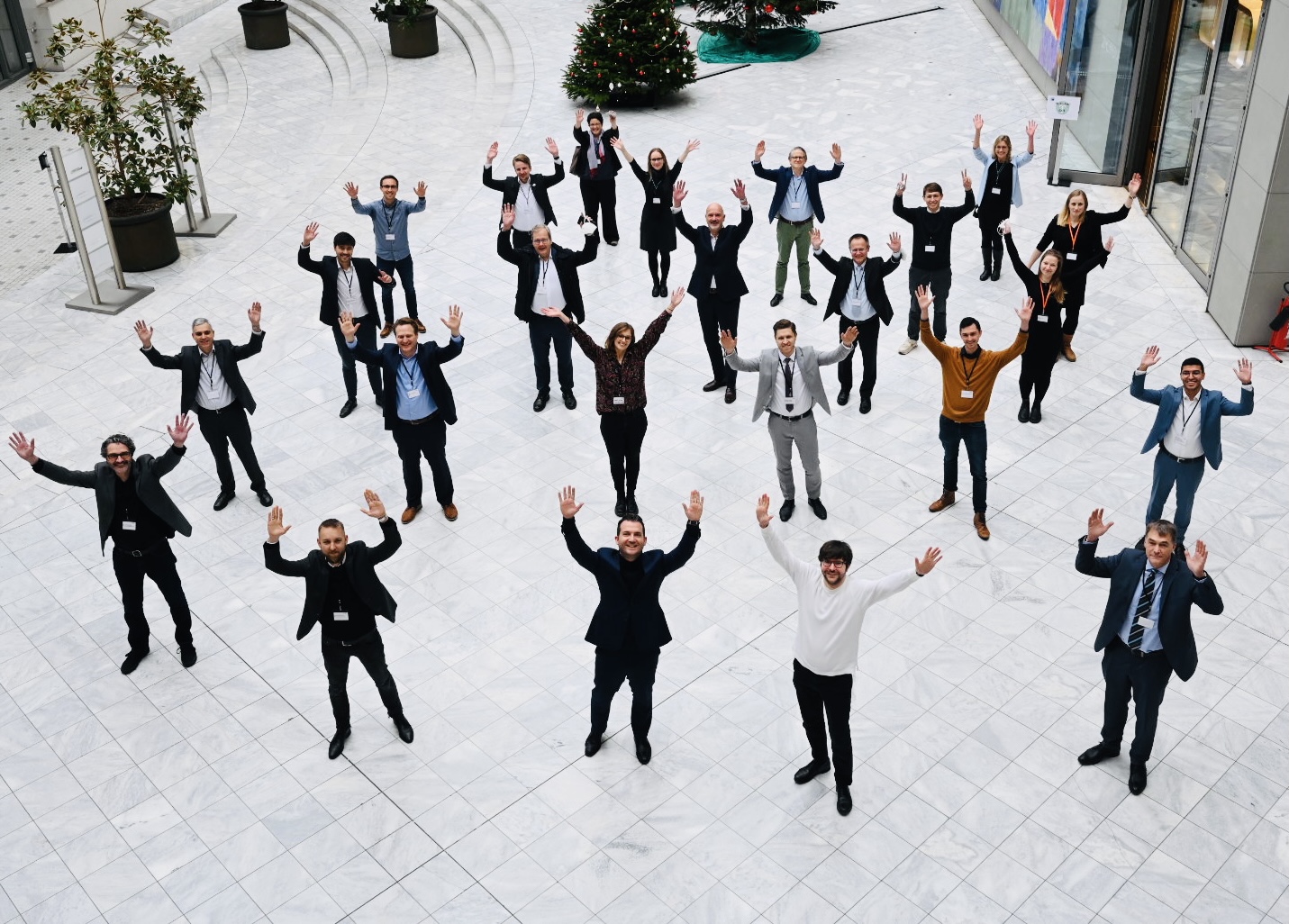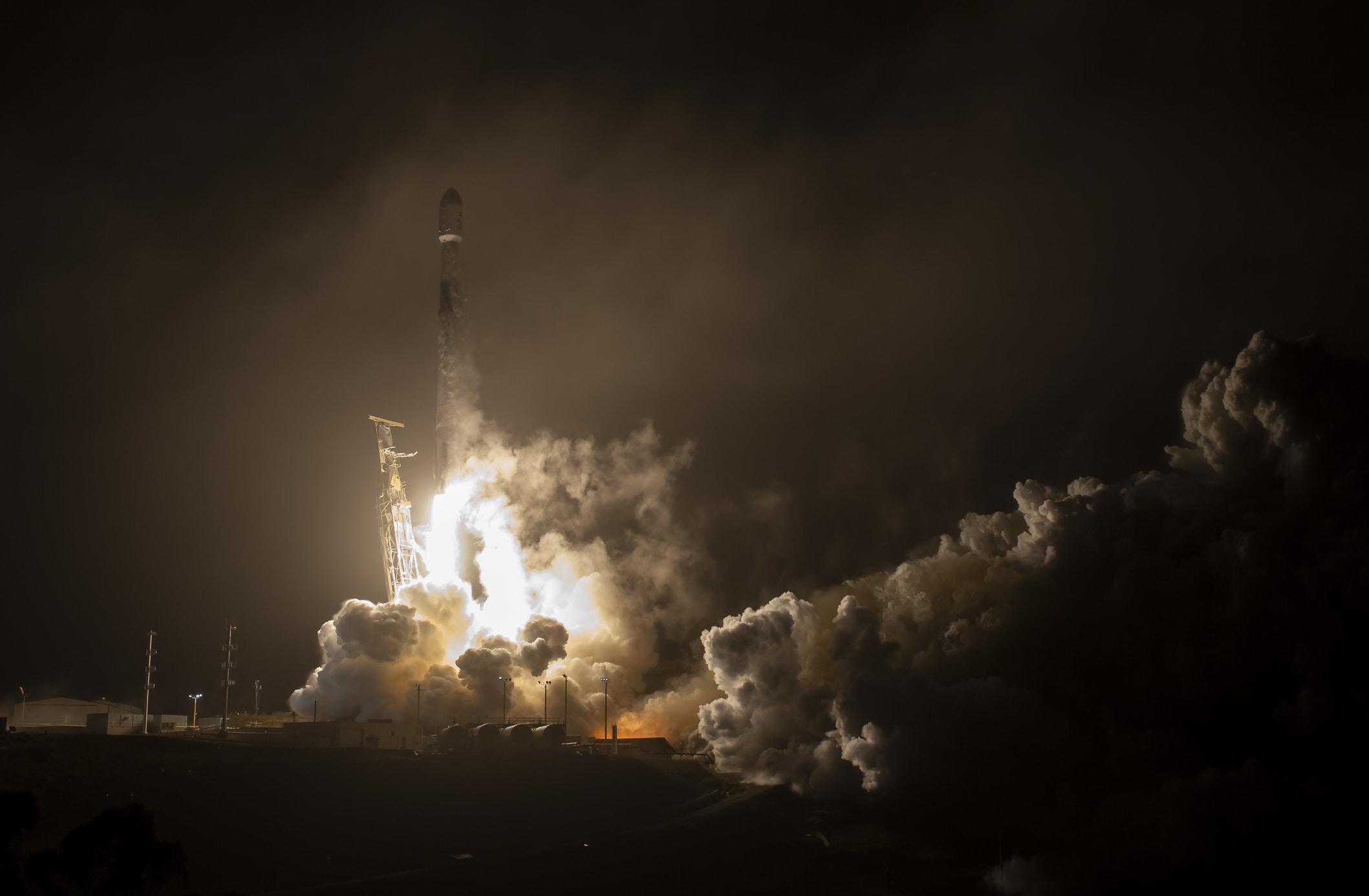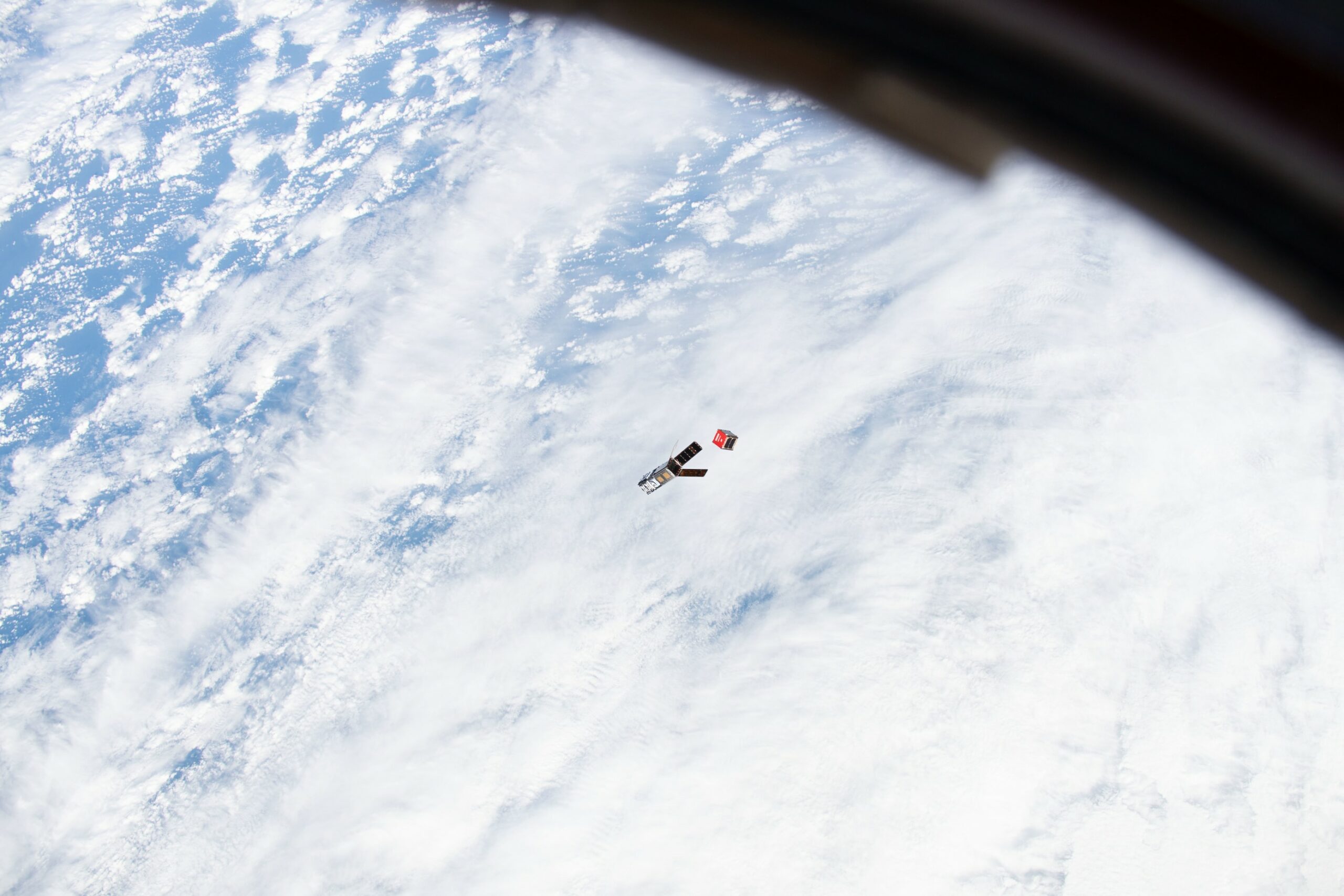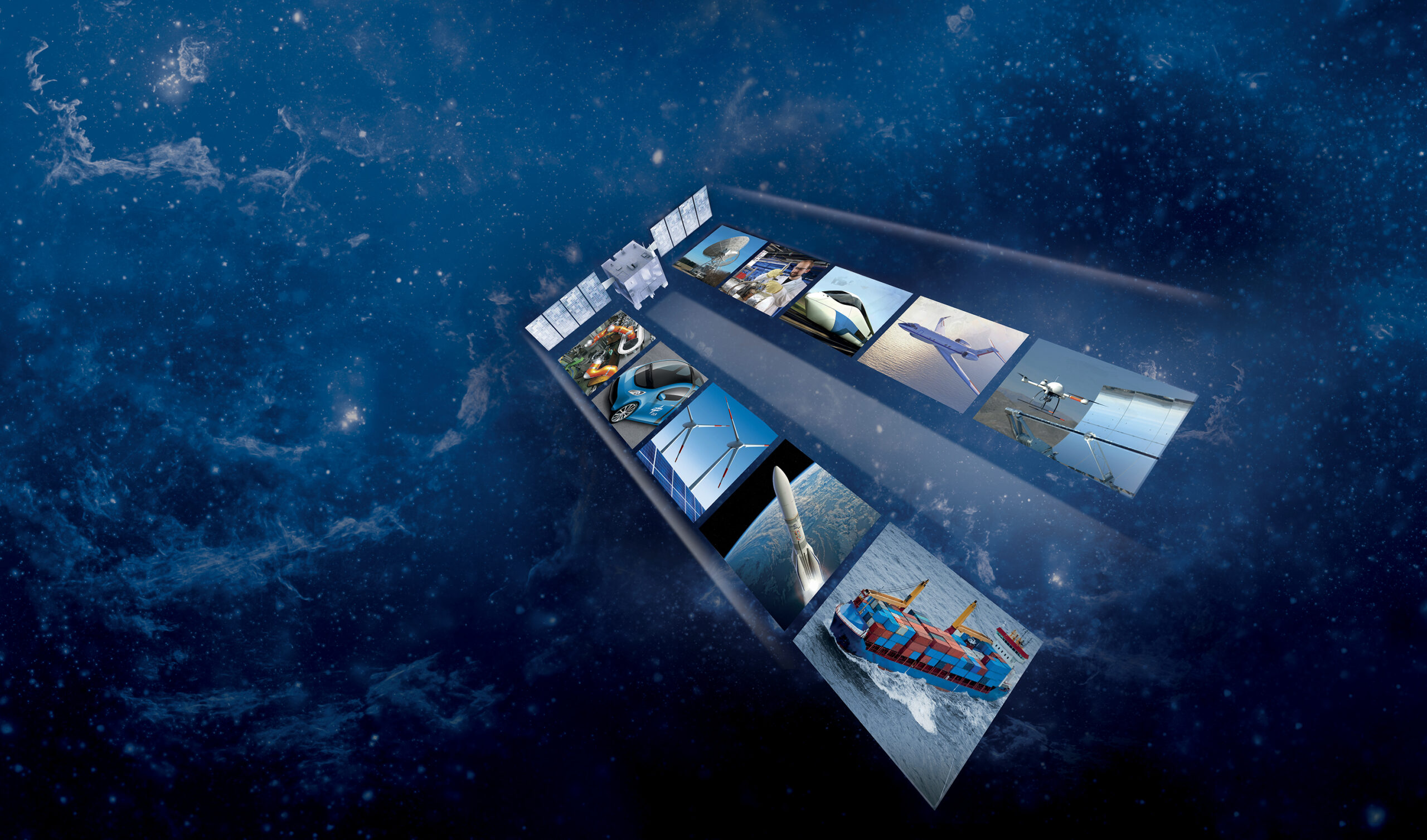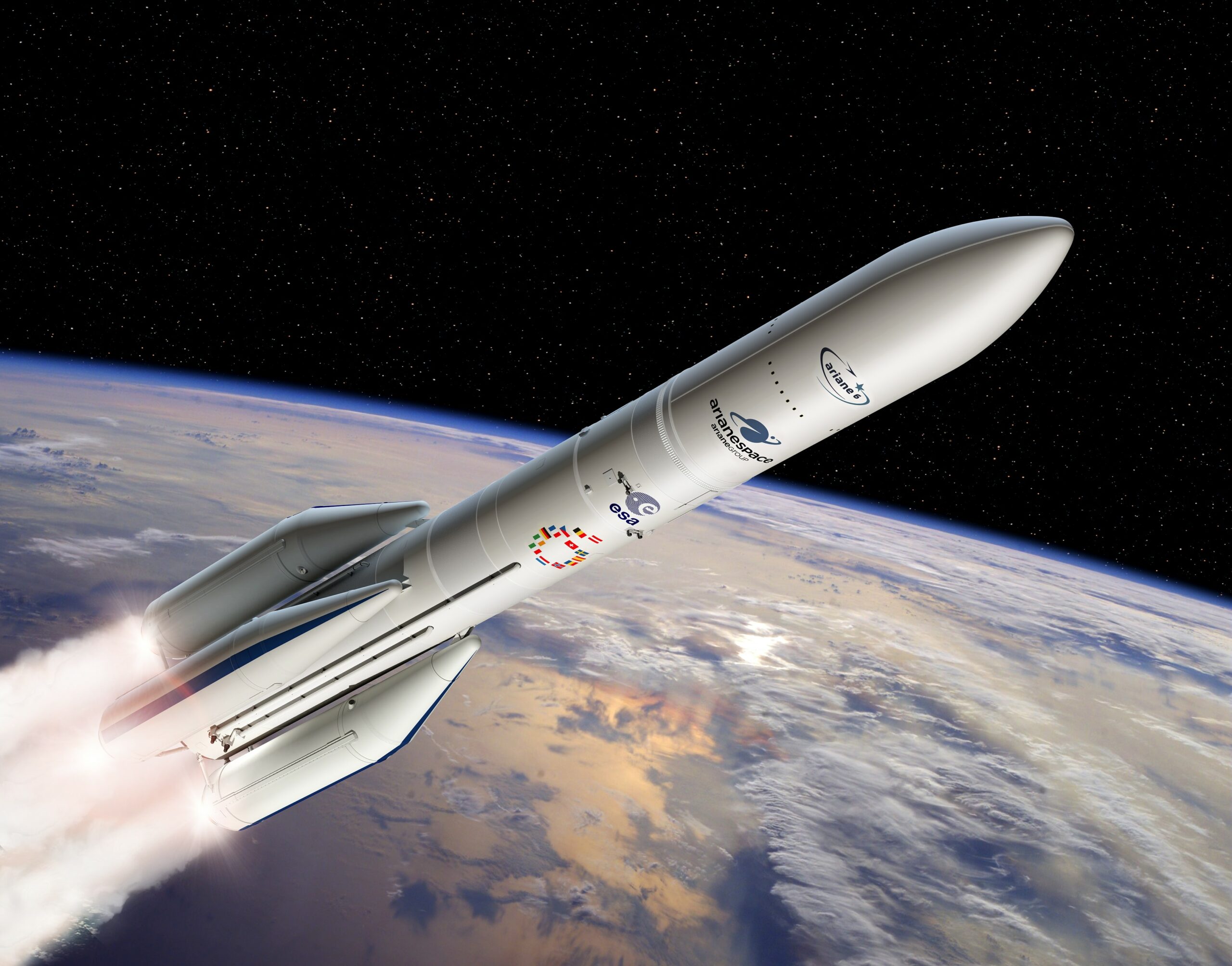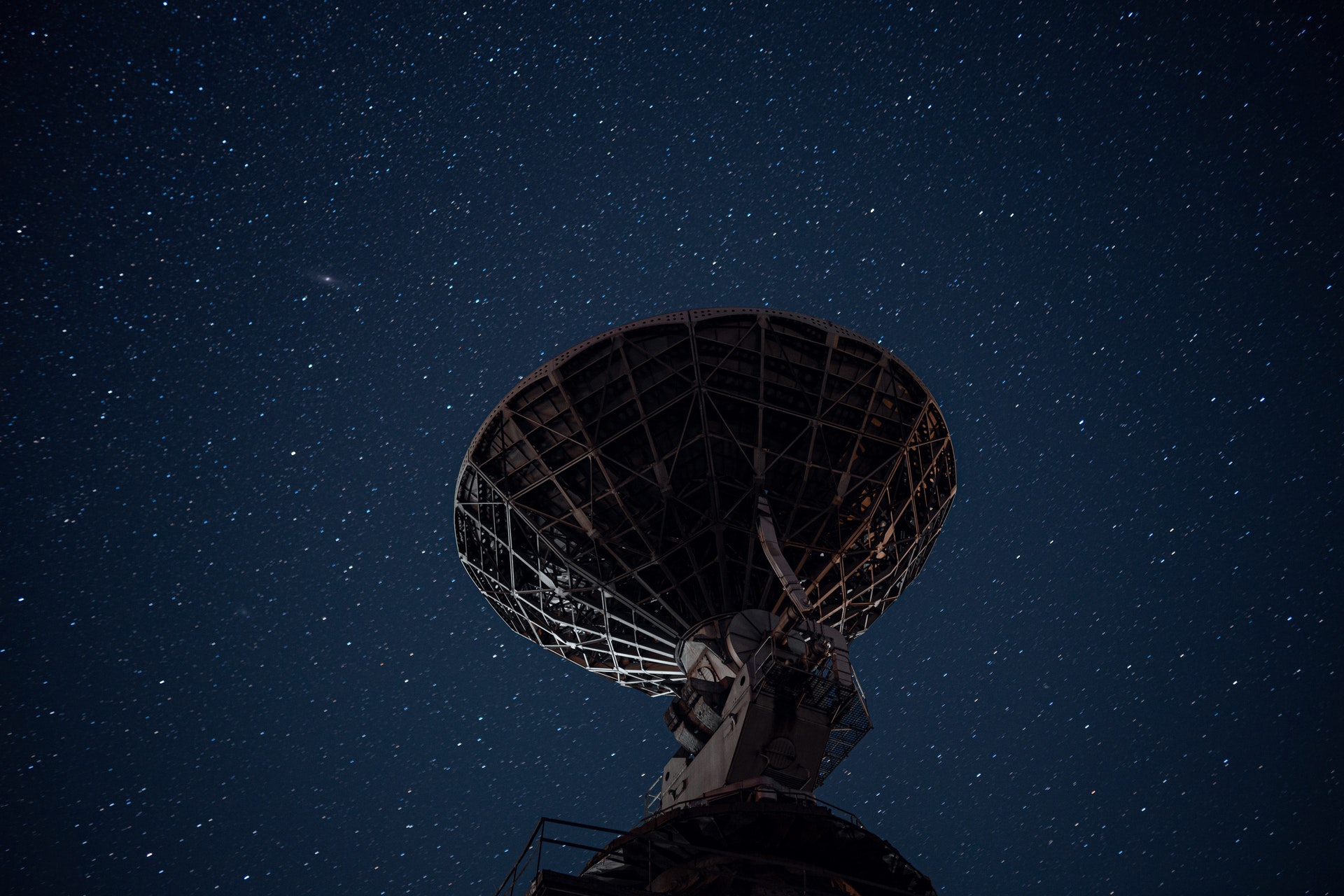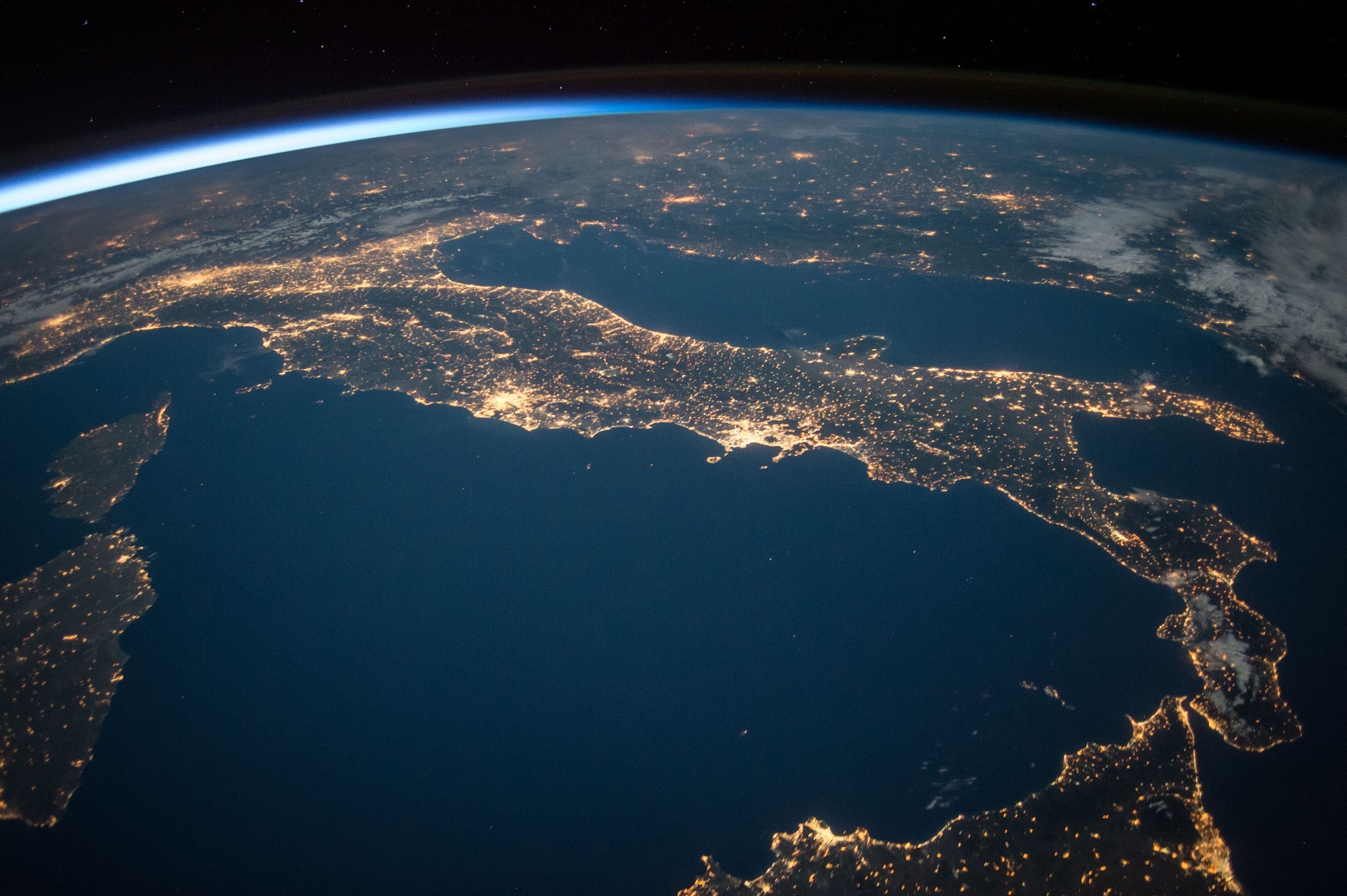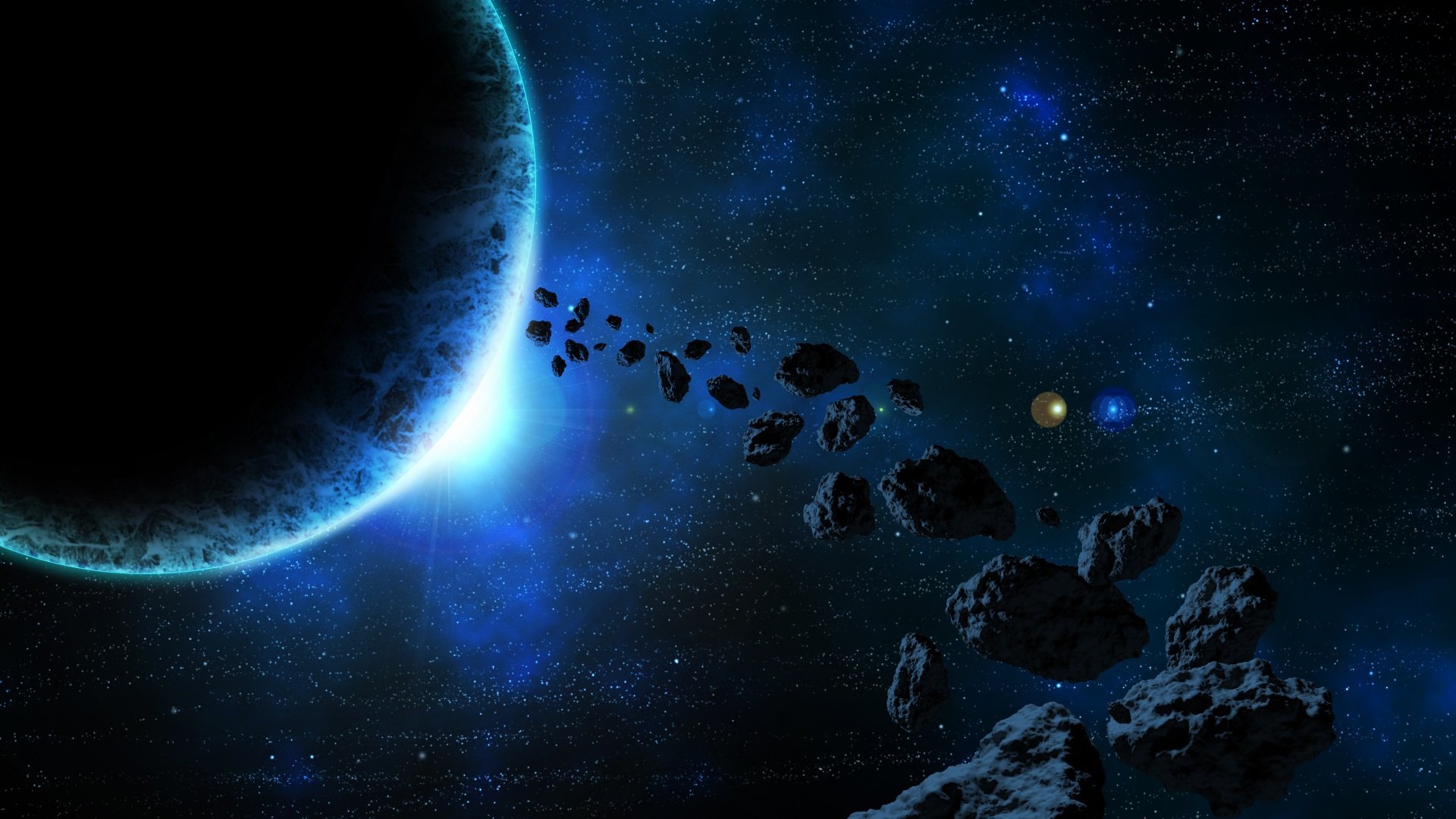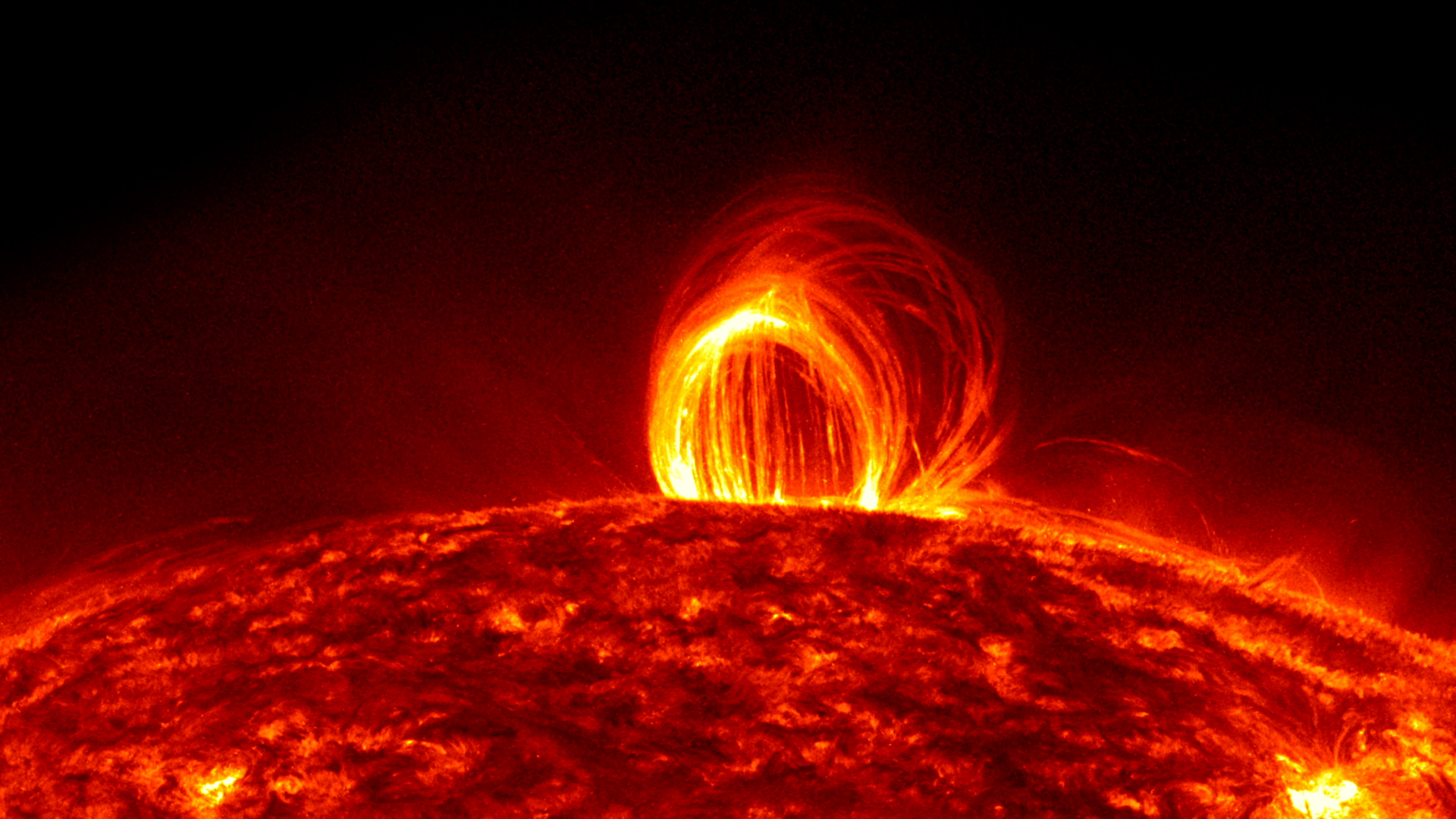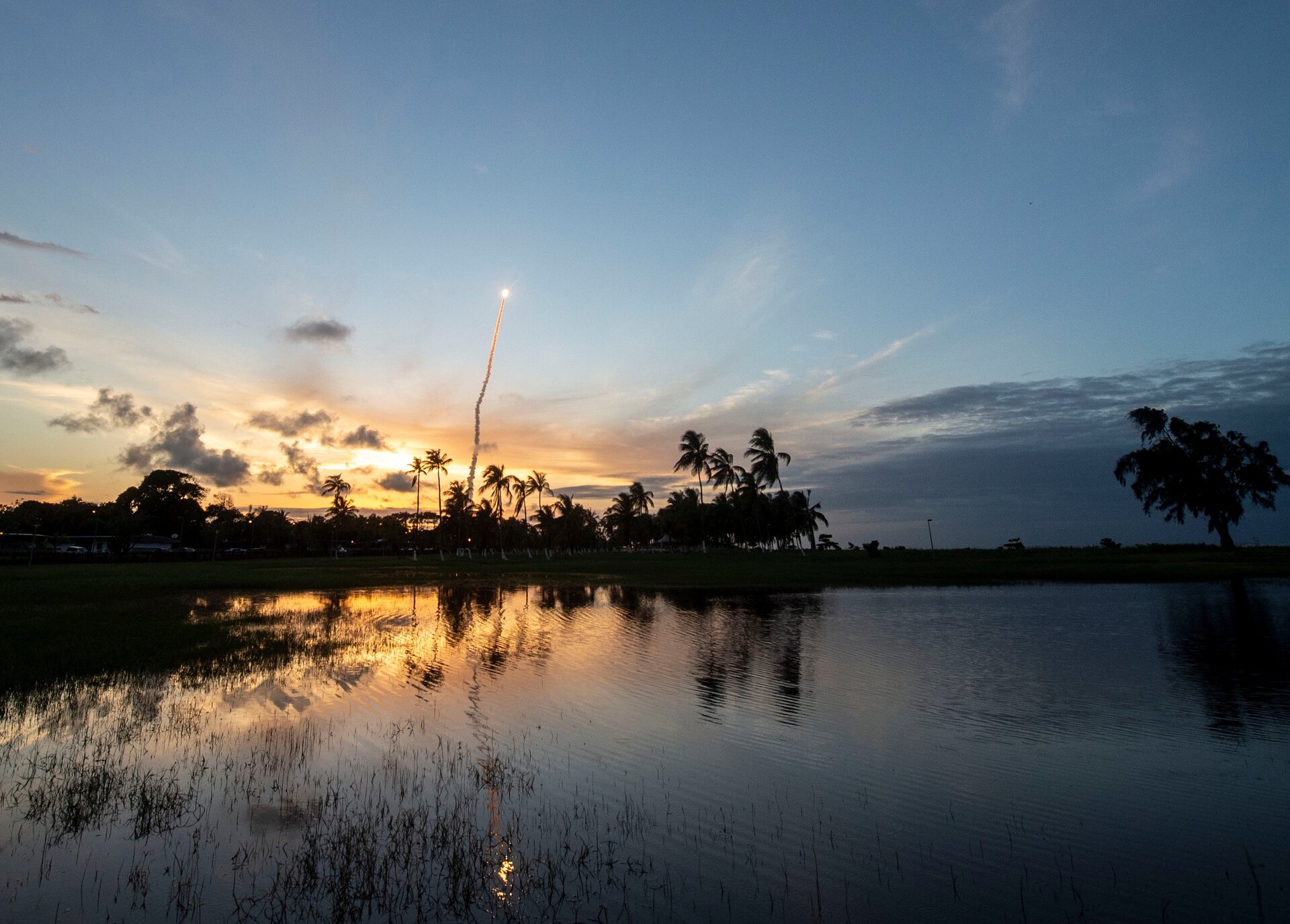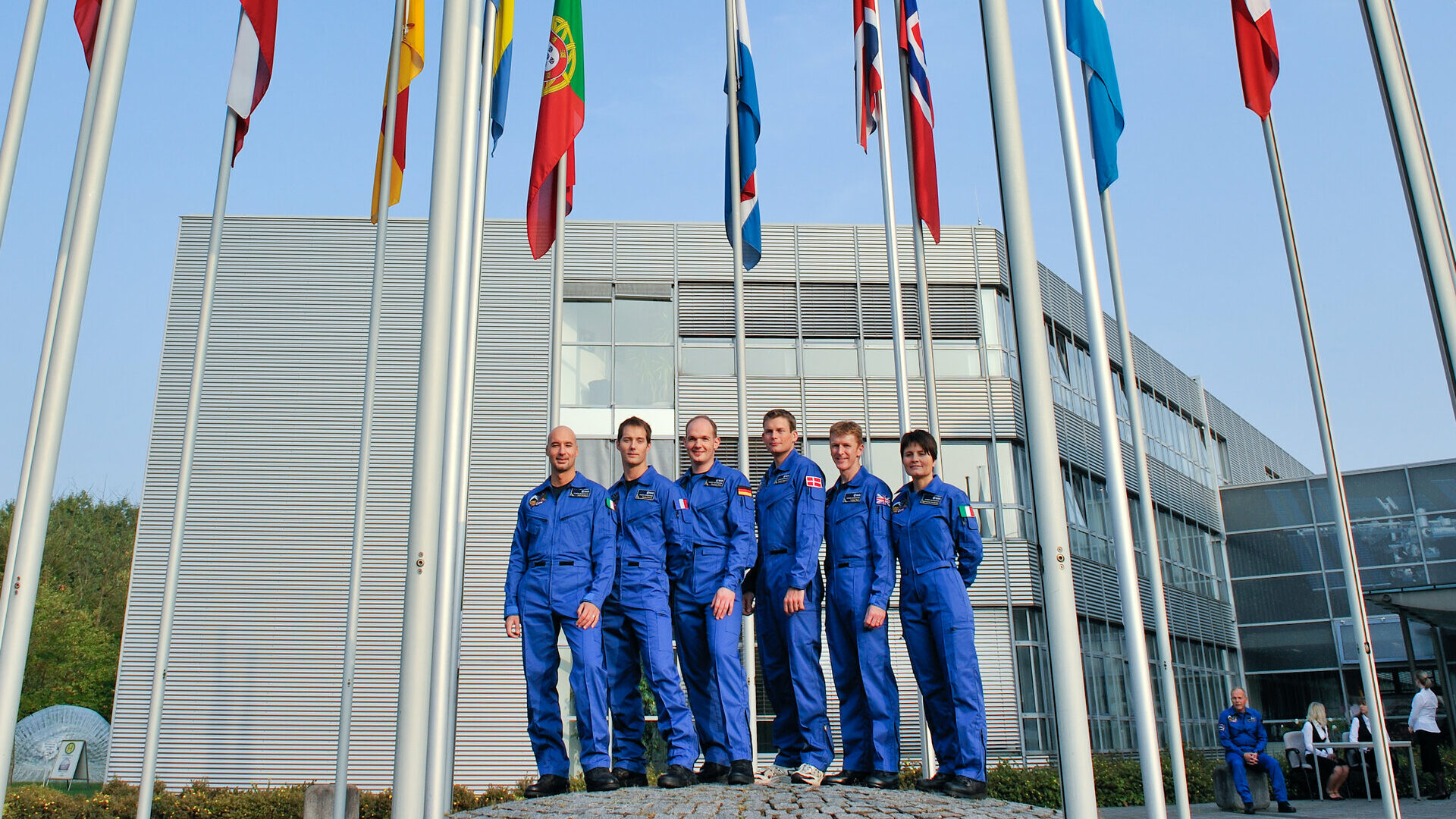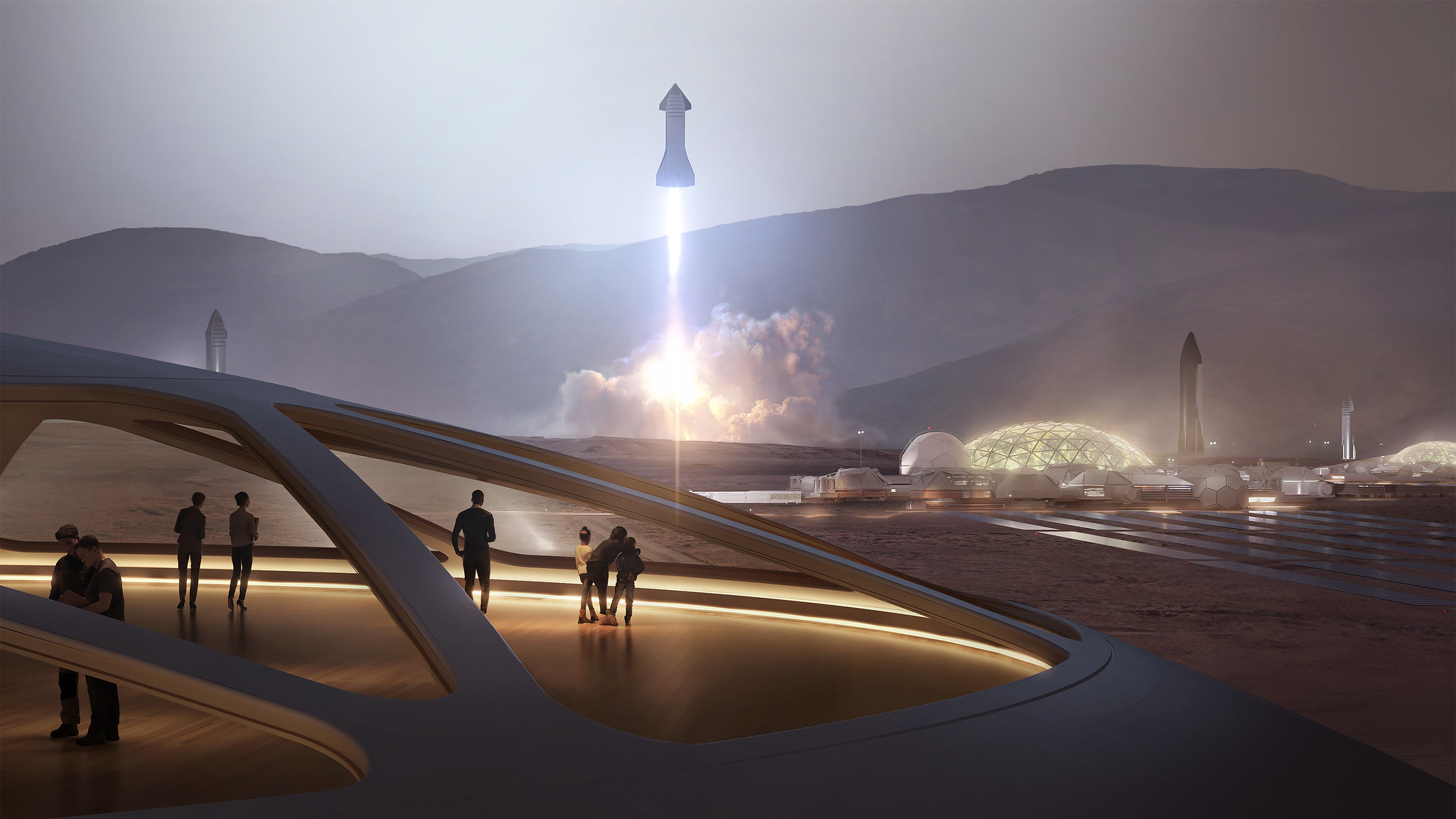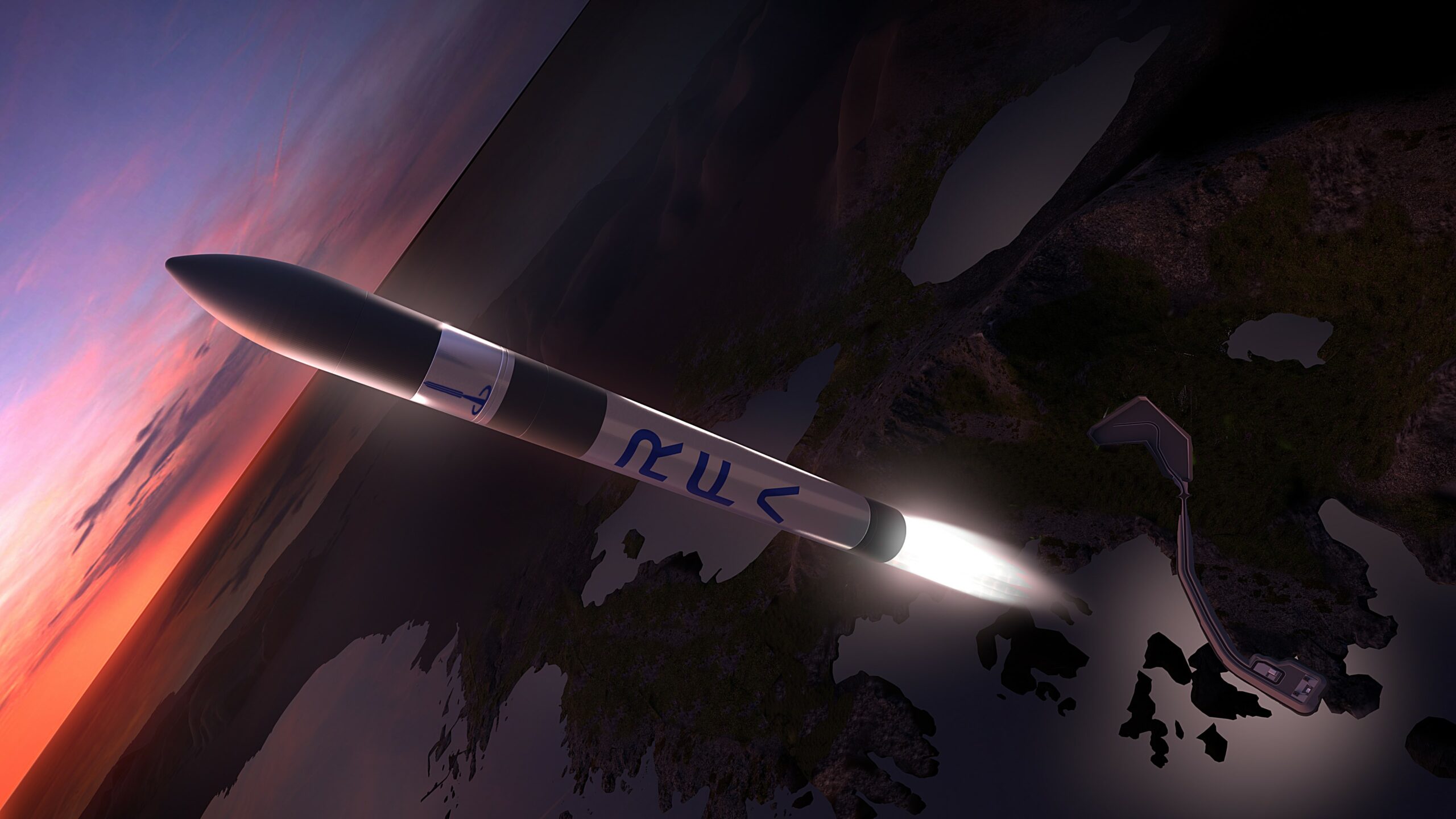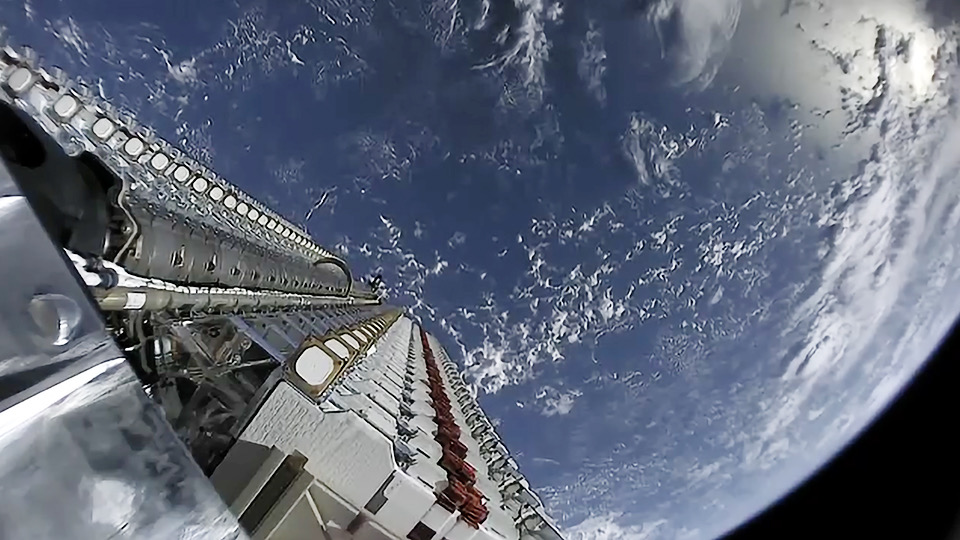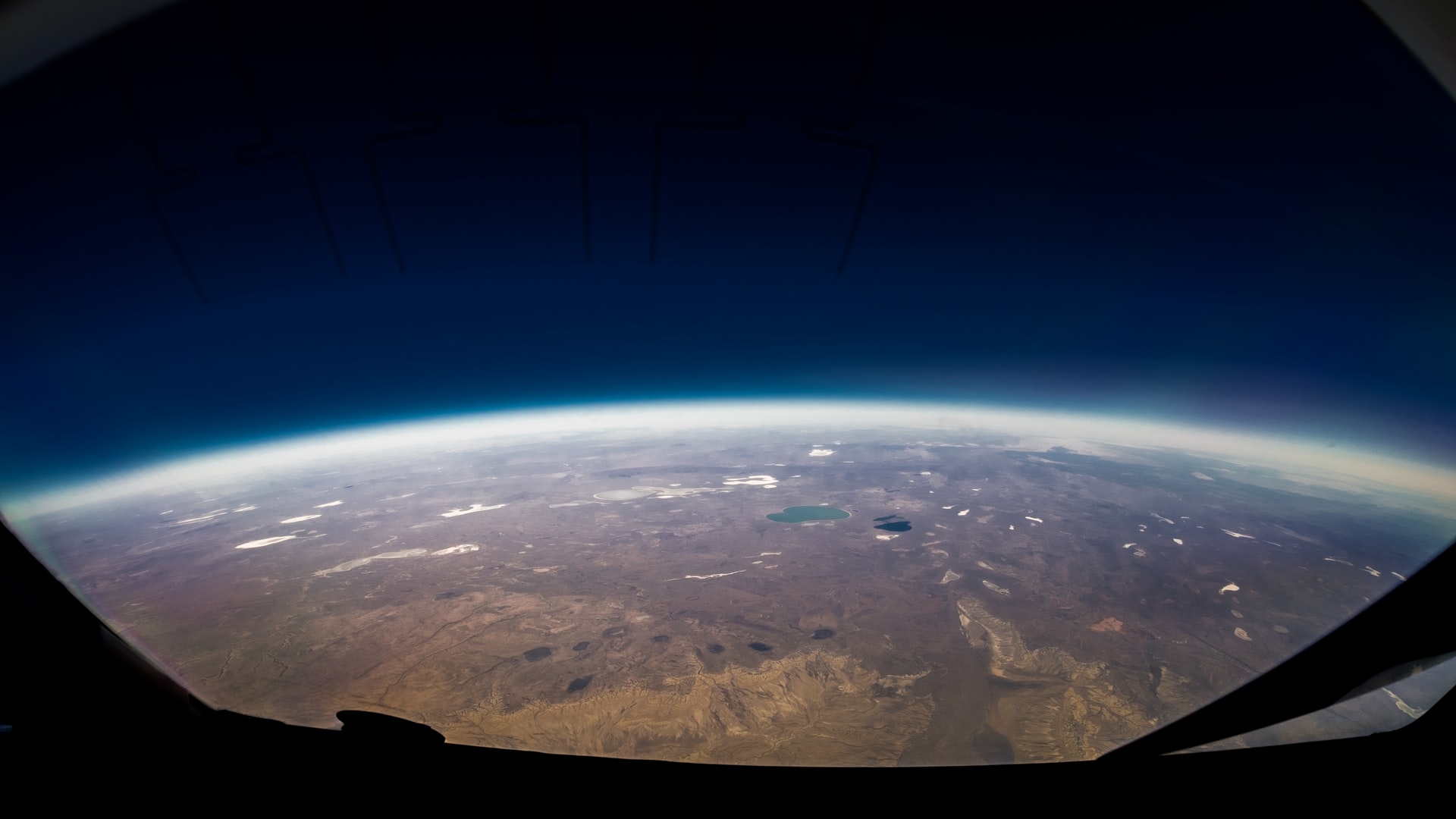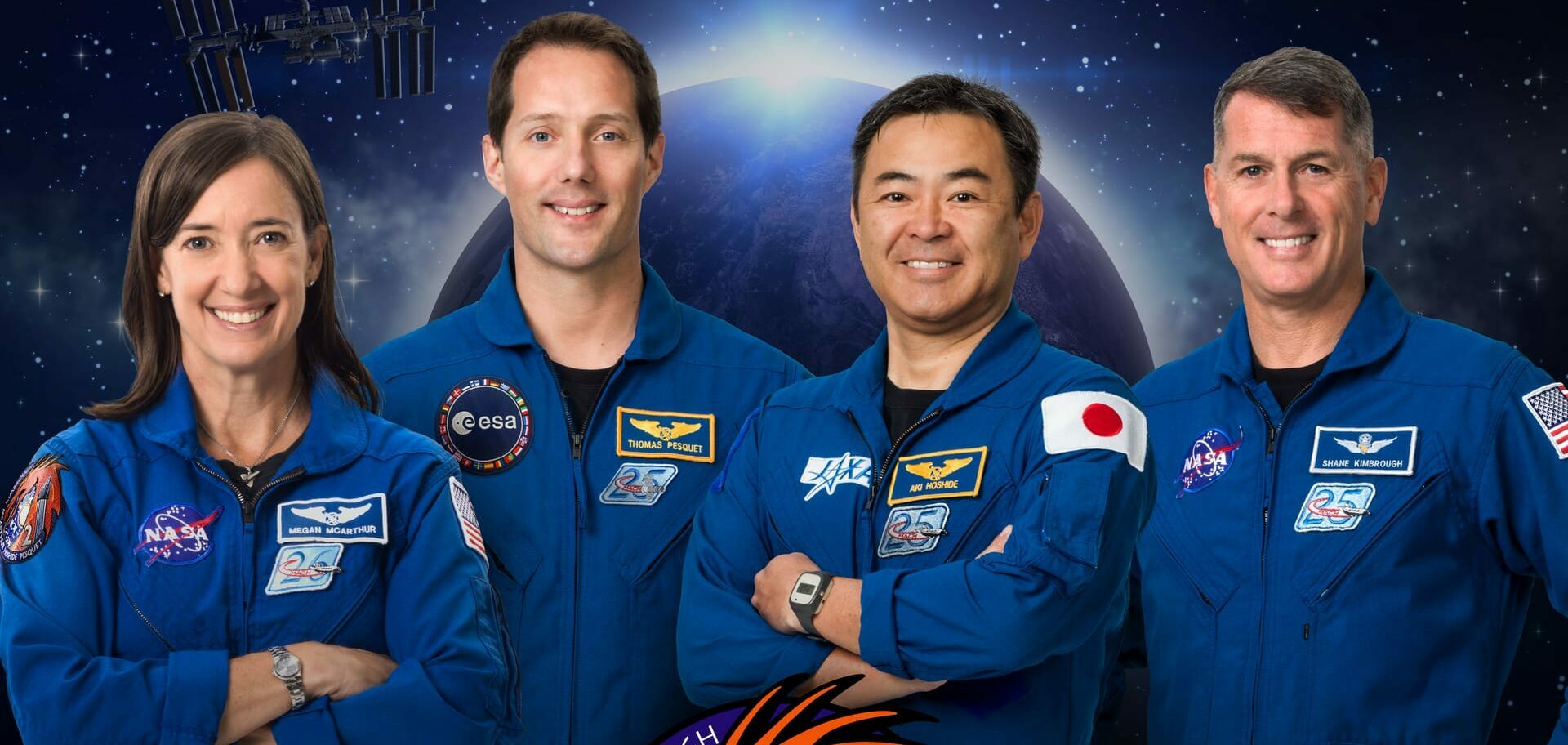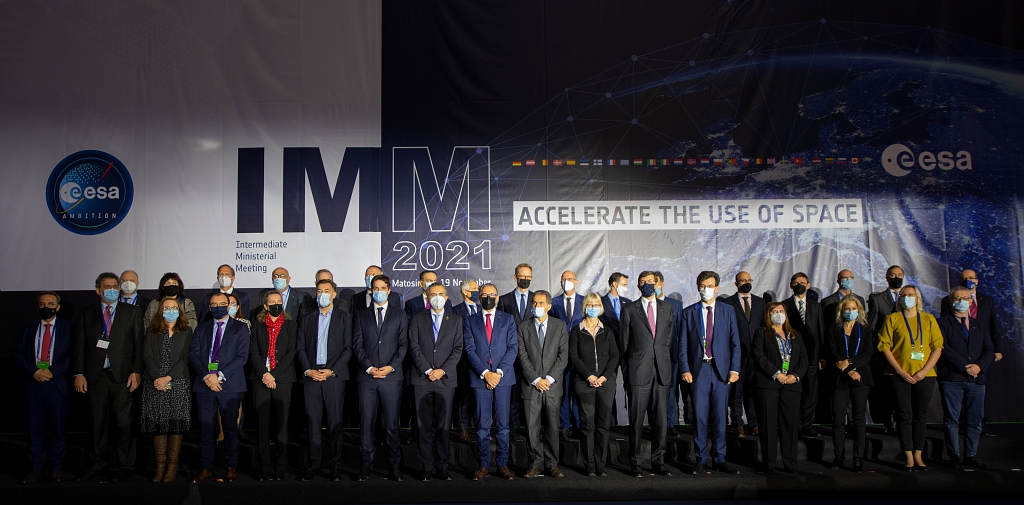
Council of Ministers adopts "Matosinhos Manifesto"
Published on Fri, 19.11.2021 – 15:27 CET in Politics, covering ESAClimate change, security policy, economic crises - Europe and its citizens are facing a lot of challenges. To ensure that space technology and applications can be used more quickly to solve urgent problems in the future, the ministers of ESA member states responsible for space activities today unanimously adopted a resolution in Matosinhos (Portugal) to accelerate the use of space in Europe.
Space is where the intensifying global competition for technological innovation, economic leadership and European autonomy will play out. It is urgent that Europe accelerates its use of space.
Josef Aschbacher, Director General ESA
In the so-called "Matosinhos Manifesto," three accelerators were defined to raise Europe's space ambitions to a new level. Two "Inspirators" are to strengthen Europe's leadership role in space. In addition, ESA Director General Josef Aschbacher was mandated to develop concepts for their governance and funding in coordination with the member states.
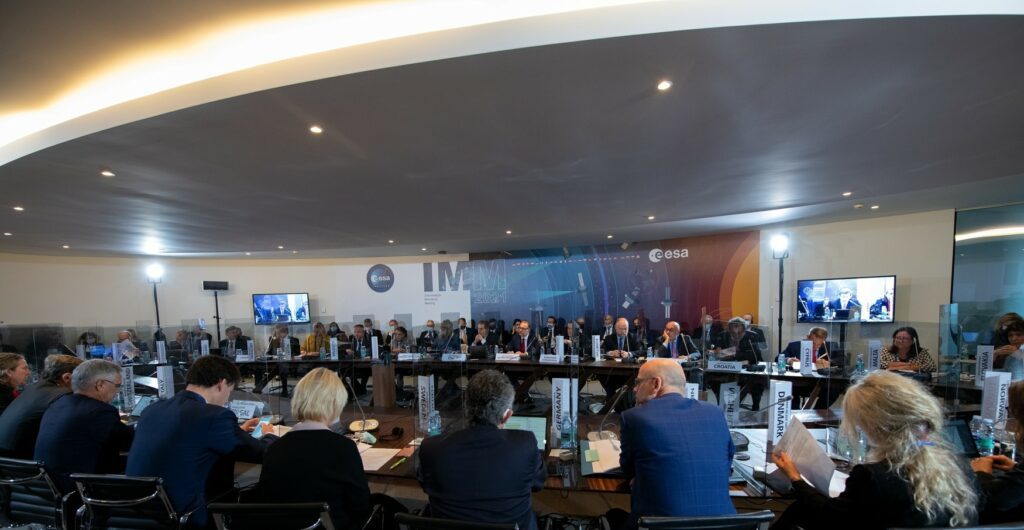
Accelerator 1: Space for a Green Future
The measures located in this Accelerator should make it possible to better understand the current state of the Earth. A digital twin of the Earth is to help develop scenarios and solutions for sustainable living on our home planet. The goal: climate neutrality with net zero greenhouse gas emissions by 2050 at the latest. Decarbonization, a "Quantum Gravimetry Mission" and "Green Information Factories" are also being promoted and driven forward.
Accelerator 2: Rapid and resilient Crisis Respond
This Accelerator aims to support political levels in responding quickly to crises. And it does so without violating the sovereign competencies of EU member states or competencies of the European Union. Floods, storms or even forest fires are cited as examples of these crises.
Accelerator 3: Protection of Space Assets
The goal of the third accelerator is to protect ESA astronauts and systems from disruptions. Space weather and space debris have been defined as such. This is an internationally urgent topic, as became apparent just earlier this week (November 15, 2021): The deliberate shooting down of a Russian satellite resulted in far more than 1,500 pieces of debris, which pose a potential danger to satellites and the International Space Station ISS.
With "Inspirators" (back) to the top
The ministers also agreed on two "Inspirators." Their goal is to "strengthen European leadership in science, technology development and inspiration." (ESA) Intended is an "Icy moon sample return" mission that will bring lunar samples back to Earth. Astronautical spaceflight will also be pushed forward, according to the concept.
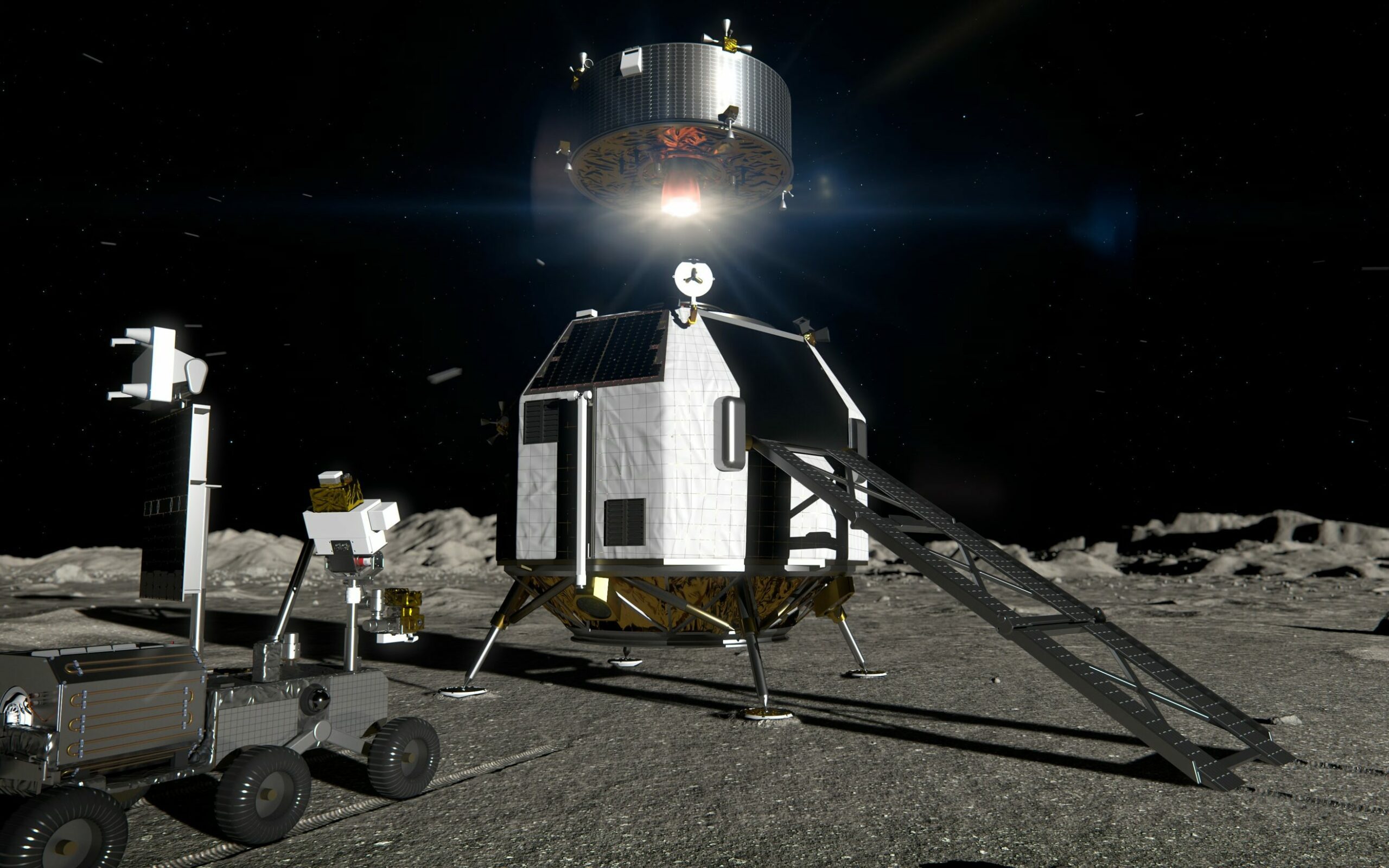
© ESA/ATG Medialab
Protracted process or real acceleration?
In his presentation, Aschbacher highlighted the urgency of the issues with the costs that would arise if no action were taken. However, it will probably need some time before the actions actually take effect. For example, he said, the resolution presented is an important milestone on the way to the European Space Summit, which will be held in Toulouse in February 2022. Nevertheless, the elaboration of the concept has already taken months. Recommendations from what is said to be Aschbacher's High-Level Advisory Group served as the basis. In early October 2021, the "Final Report on the Accelerated Use of Space in Europe" was published. At the end of October, Aschbacher's recommendations were presented to member states at the ESA Council meeting.
The Intermediate Ministerial Meeting has recognised the need for a renewed European space ambition. The three accelerators and two inspirators will be steps for Europe to fully use space for its citizens, creating economic opportunities. This gives me as ESA’s Director General a clear mandate ahead of the European Space Summit.
Josef Aschbacher, Director General ESA
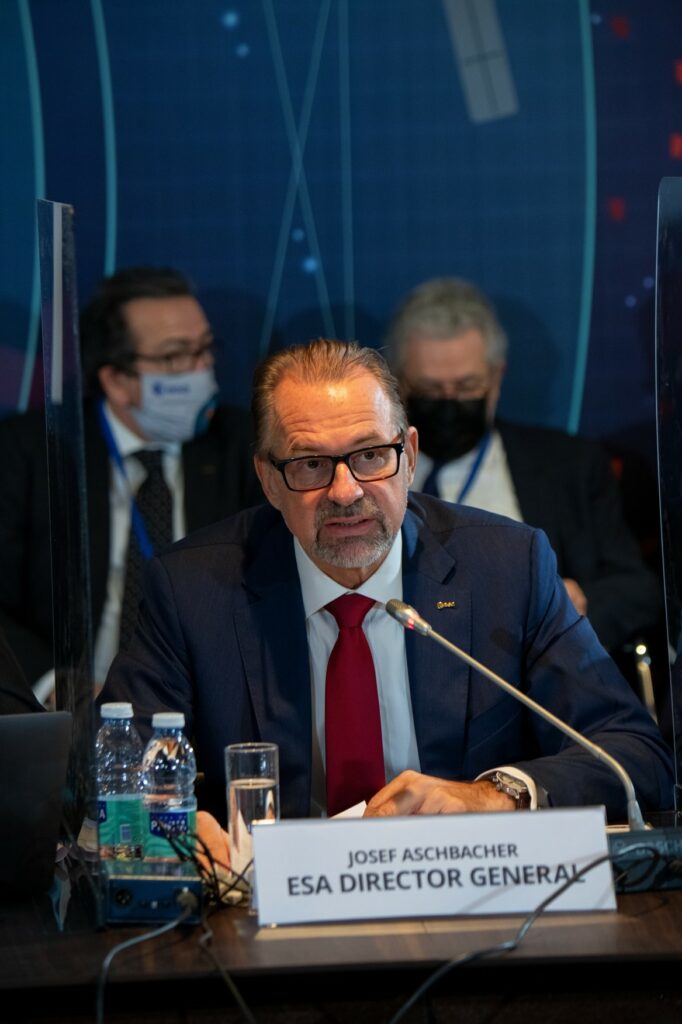
It is time to think around, ahead and further
The urgency has been established, the aims are clear, the ambitions are present. ESA is claiming a leadership role in space. But to do so, it will also have to rethink. It must be prepared to break new ground. This also means taking risks. The dynamics of the European NewSpace ecosystem show that the potential to solve urgent problems already exists. However, a look at the procurement guidelines shows time and again that they are often excluded from important tenders.
The initiative YEESS!, which was recently founded by NewSpace startups, wants to counter this situation with a strong voice. This topic has also been discussed at SpaceBrewery #11. In response to our question as to whether there are efforts to reduce bureaucratic hurdles, General Manager Josef Aschbacher replied:
This is part of the overall improvement of the commercialization effort in ESA. Part of it will be not only to look towards funding aspects as I mentioned before but also in our ruleset making sure that young companies, entrepreneurs, and startups can certainly have access to the market. I think I know what you are referring to and yes, these are obstacles that we should diminish.
With the "Matosinhos Manifesto", ESA emphasizes the importance of space to solve global problems. The task now is to unleash momentum together with the relevant stakeholders and accelerate Europe's use of space.
via ESA
